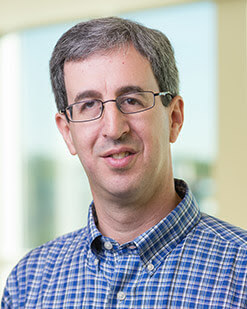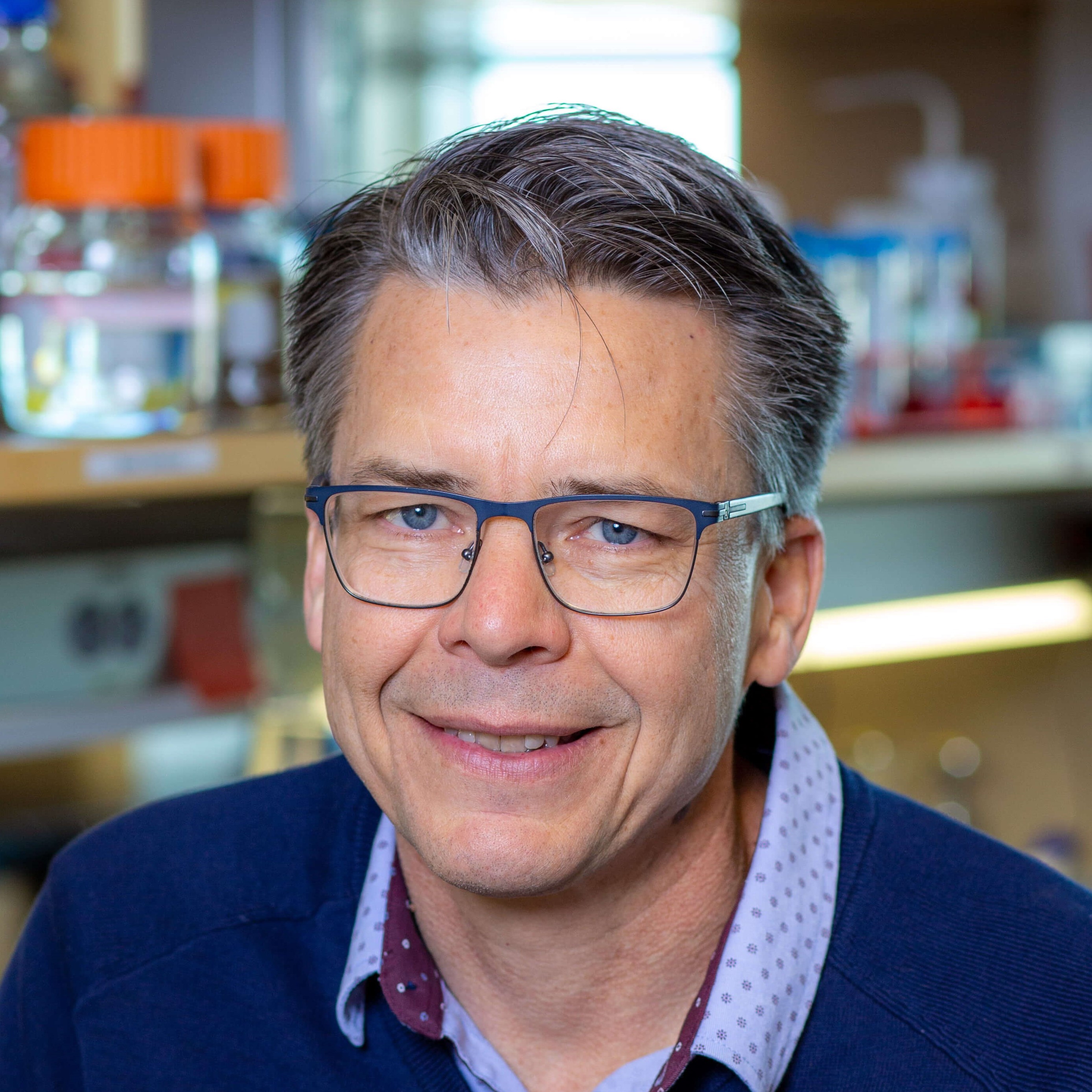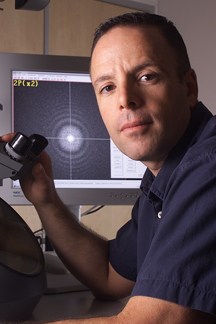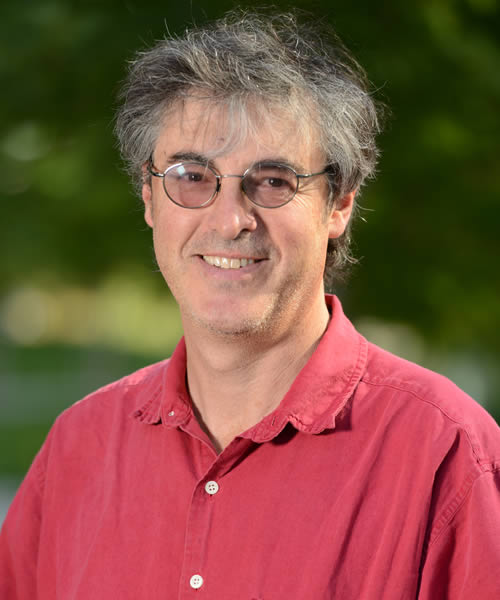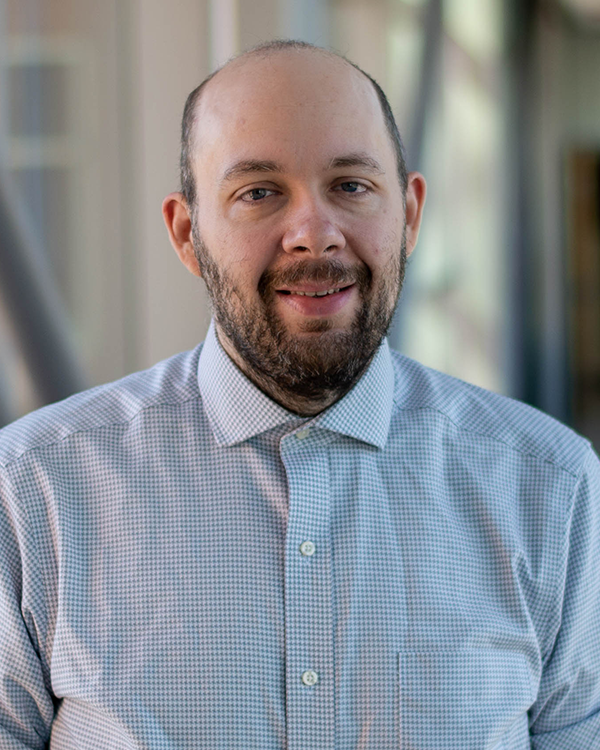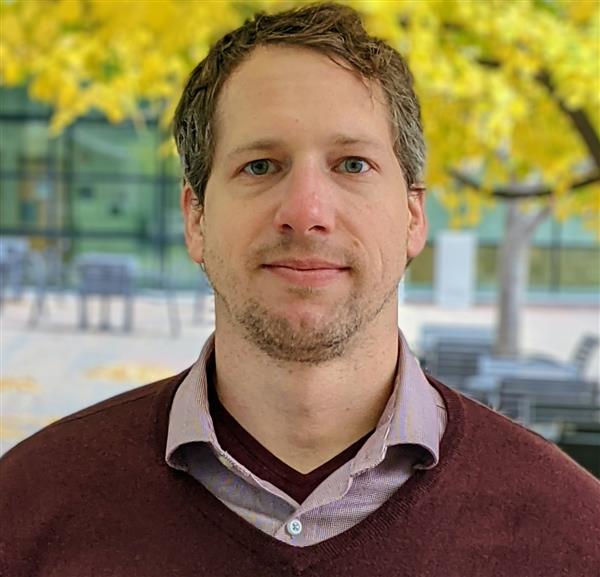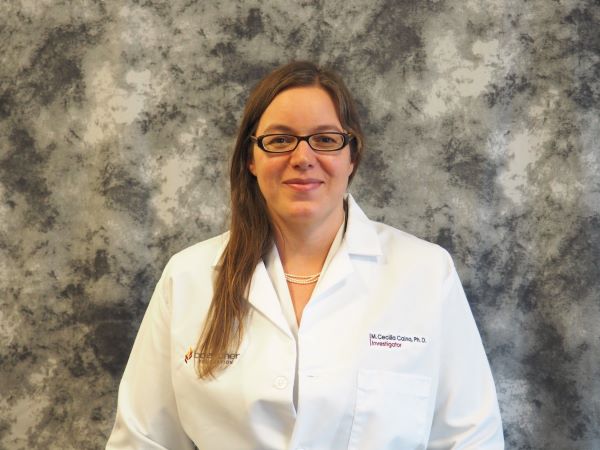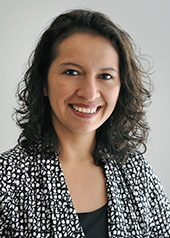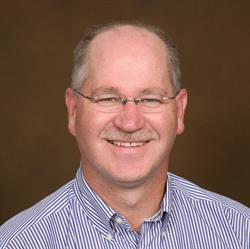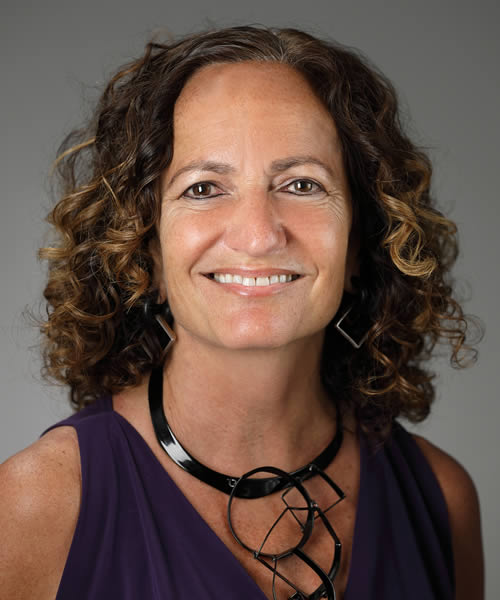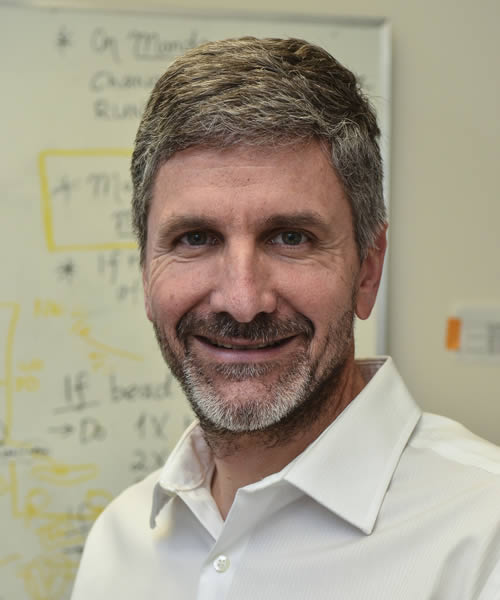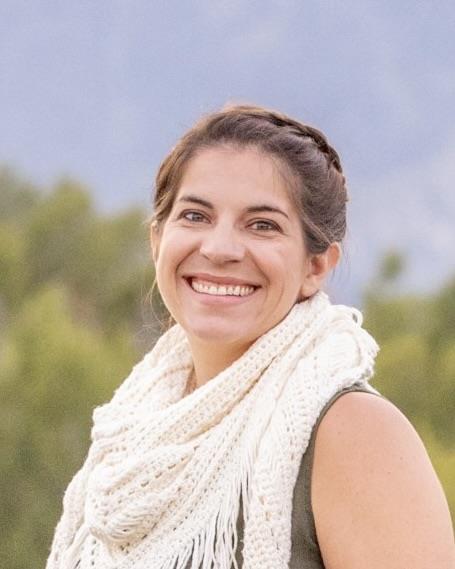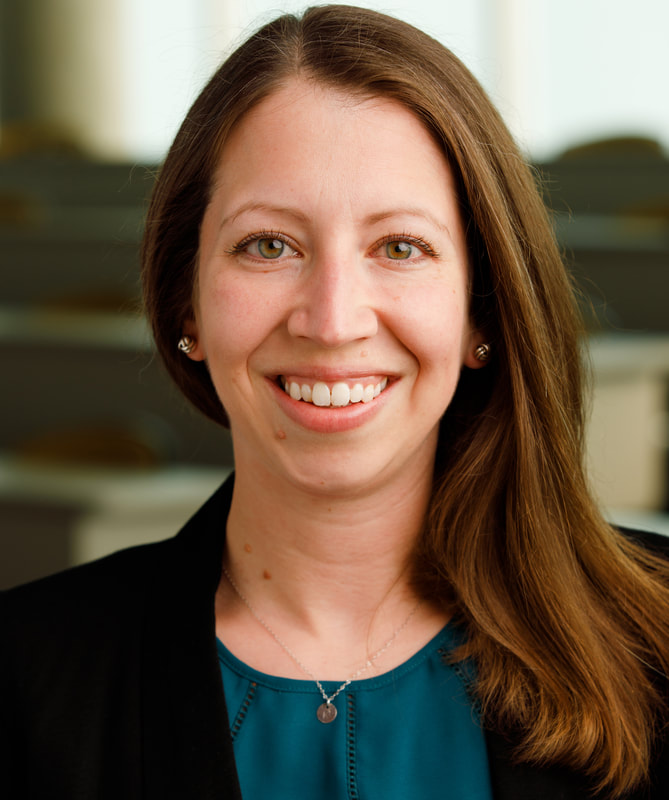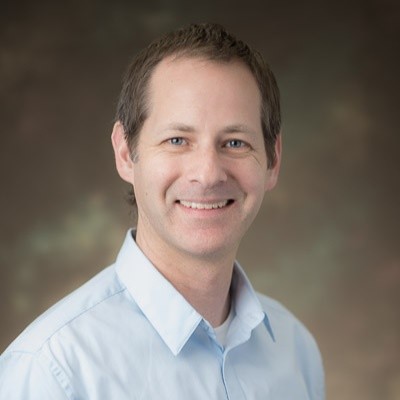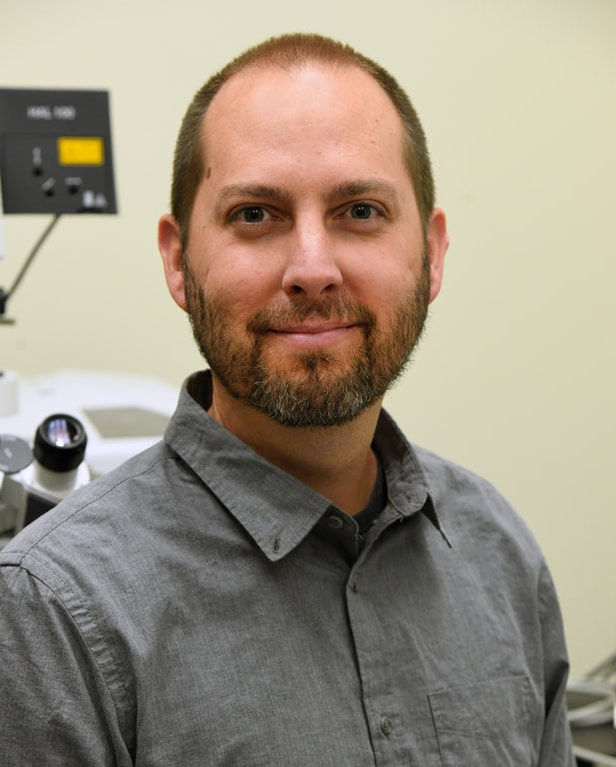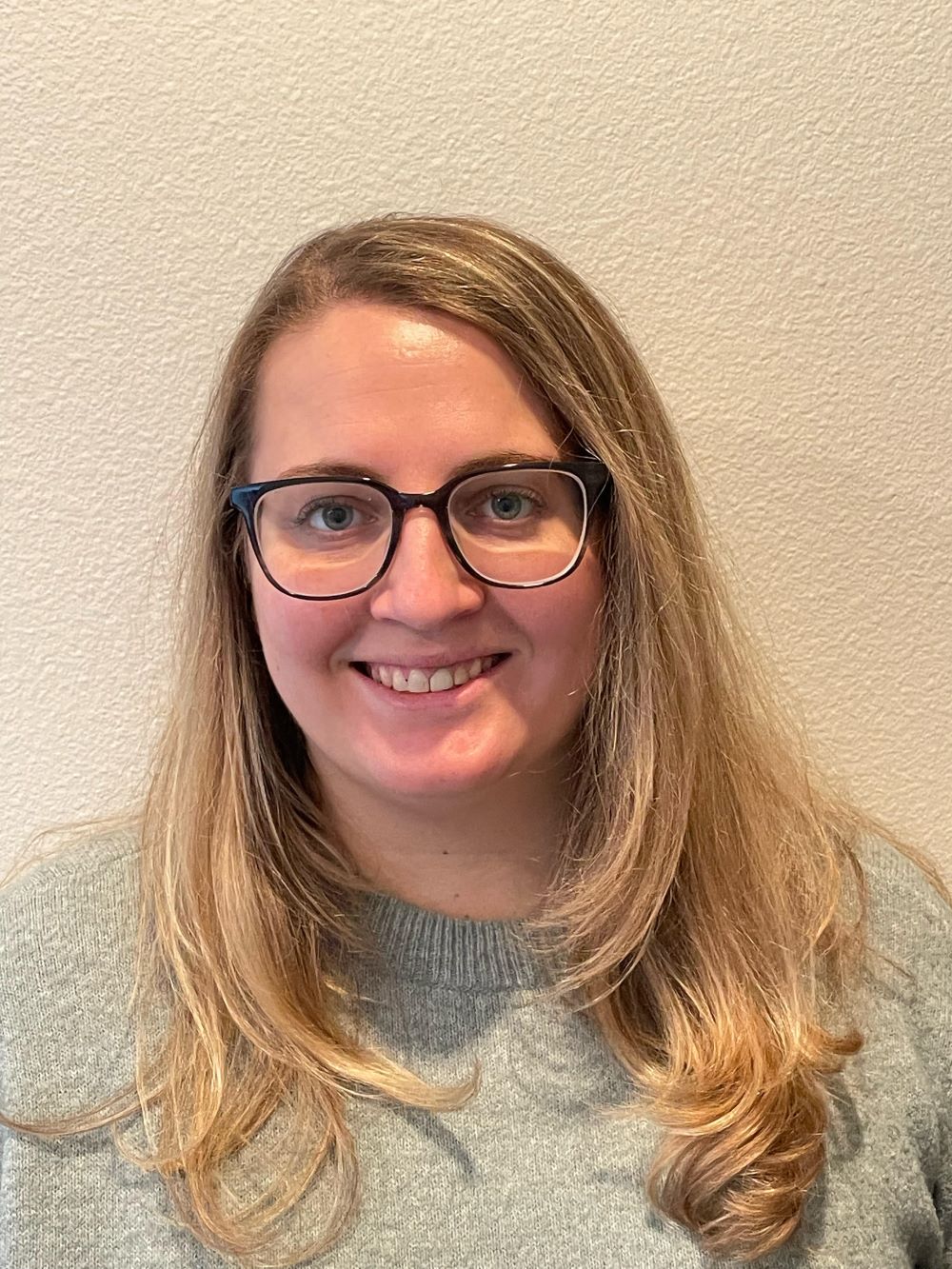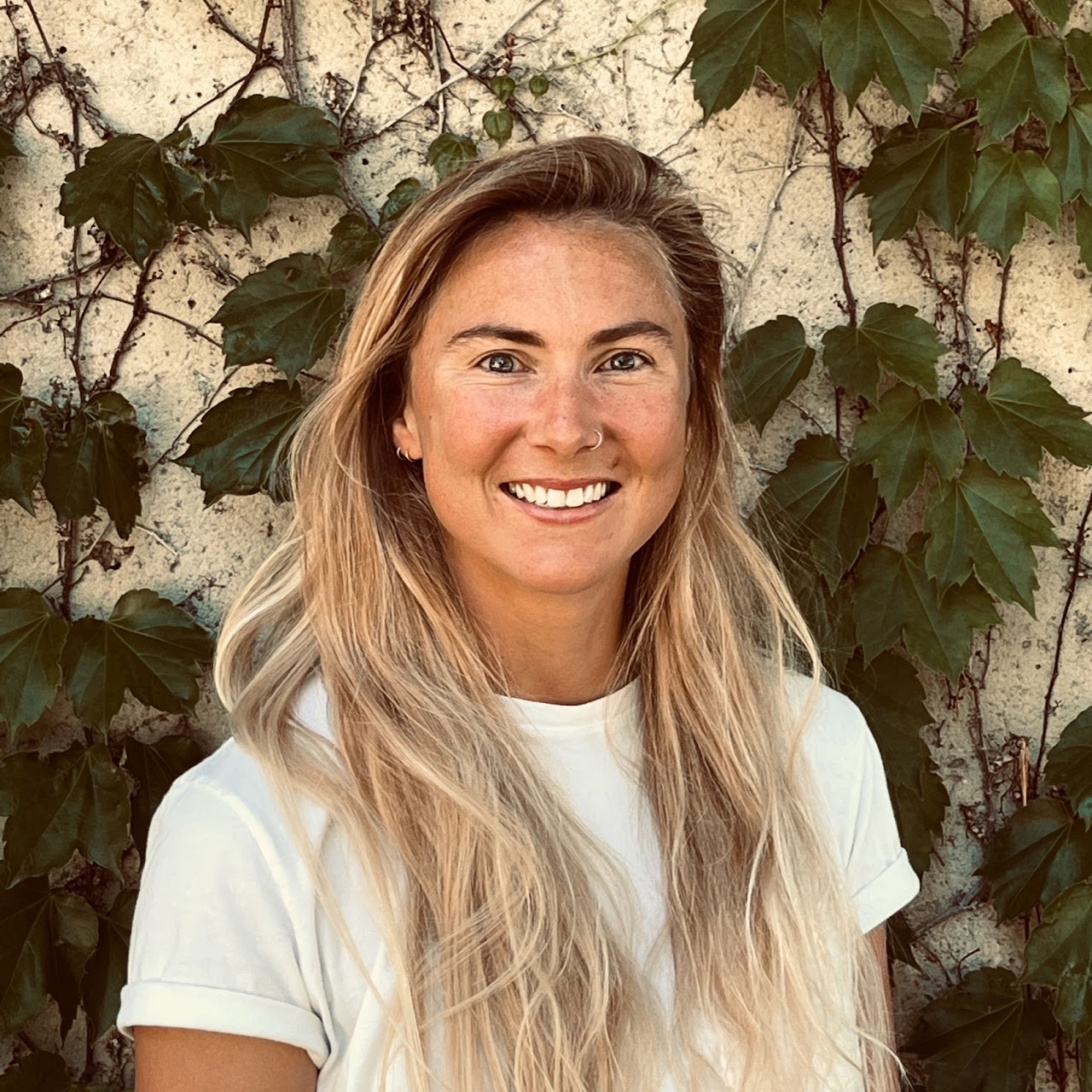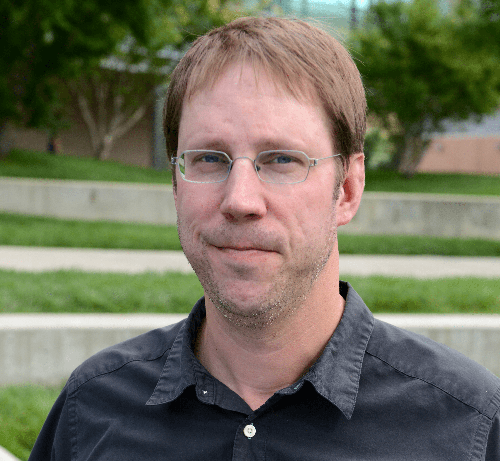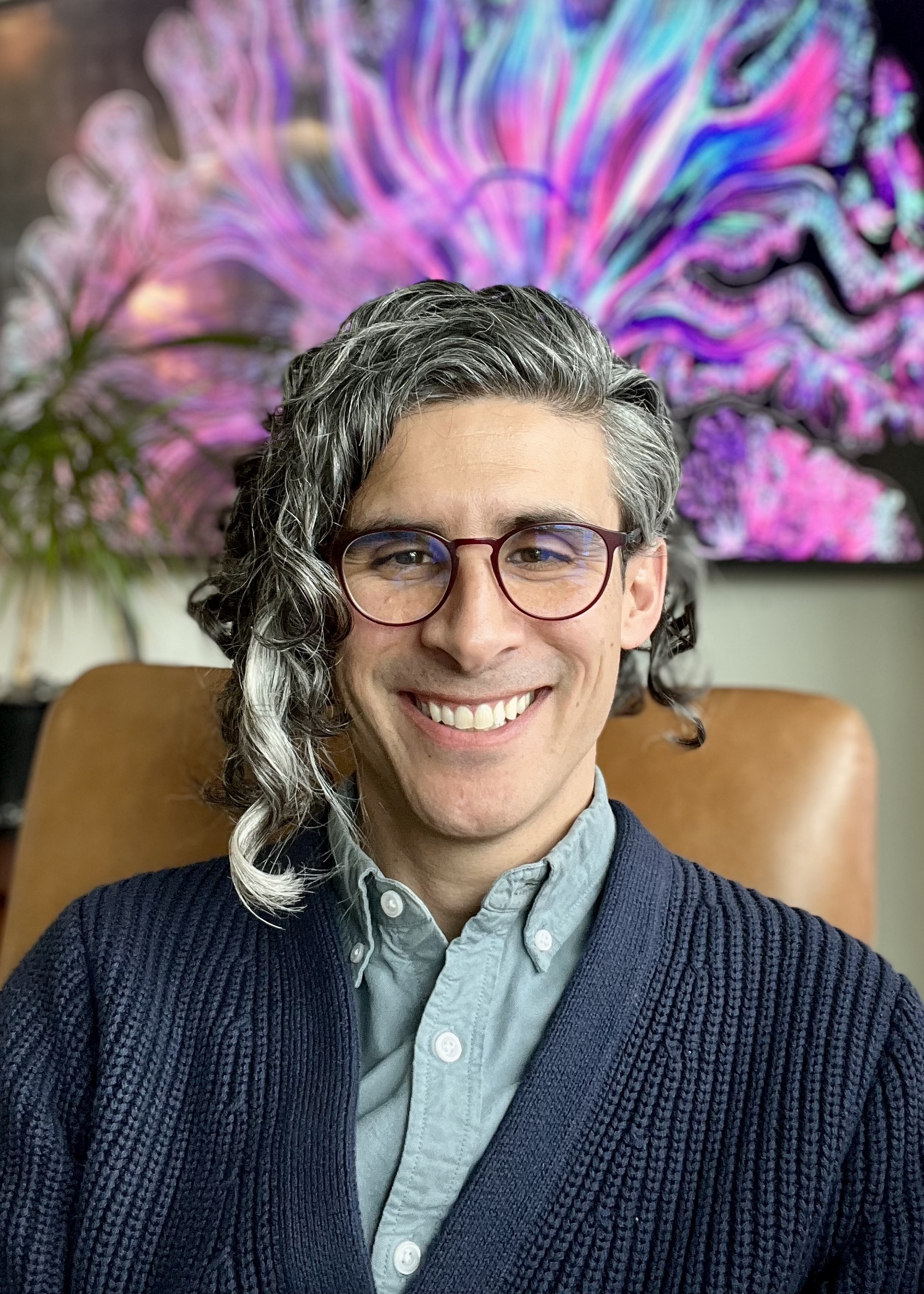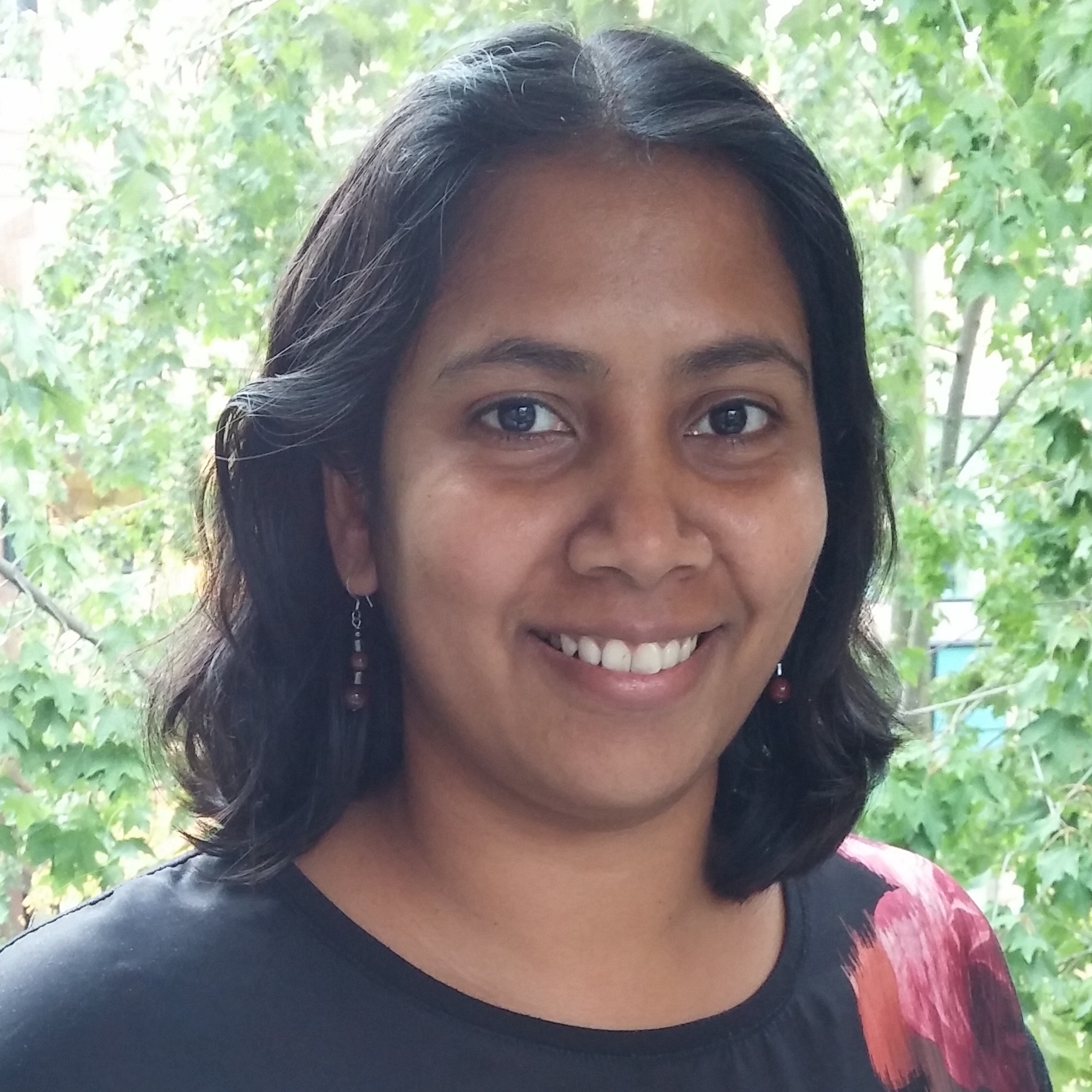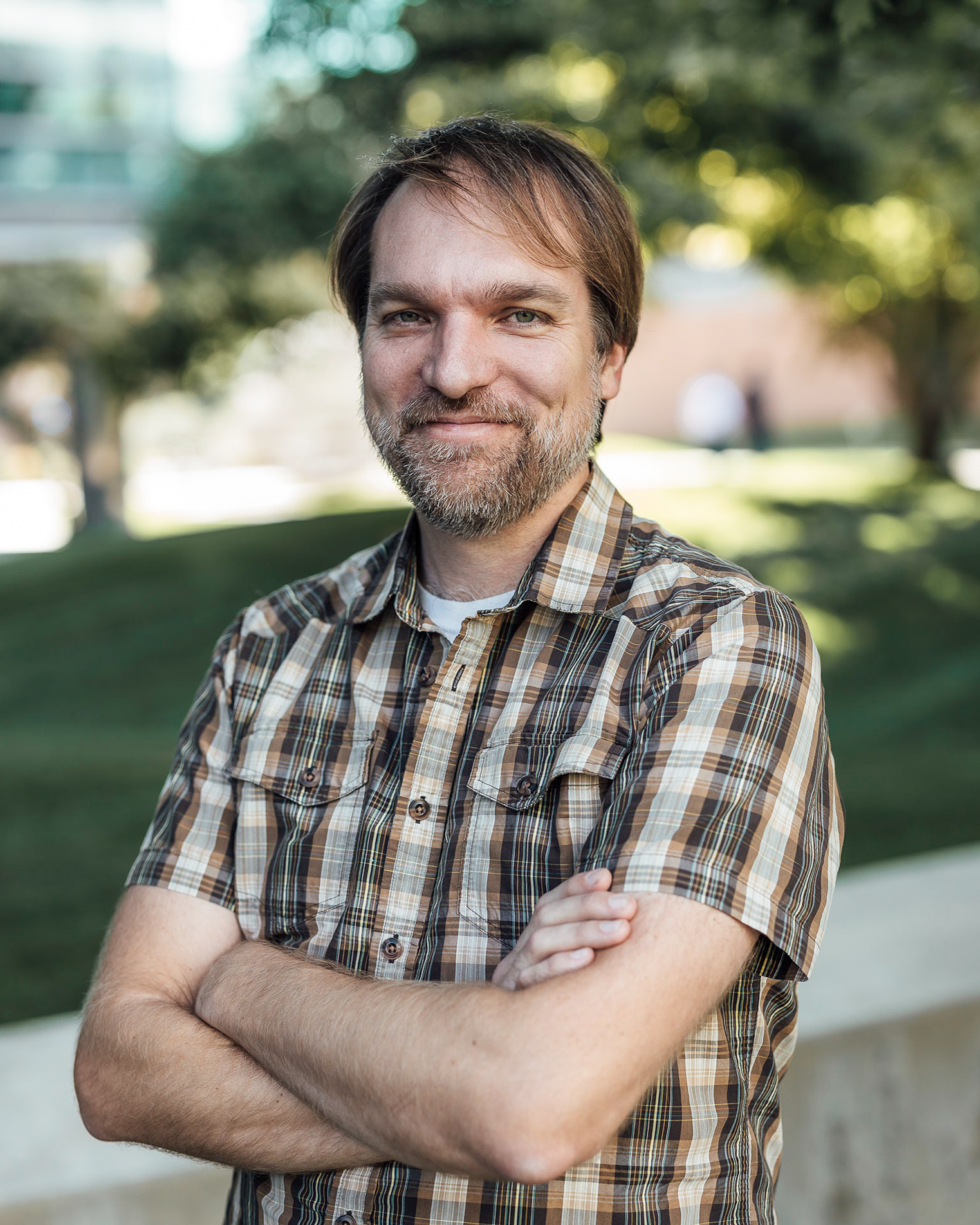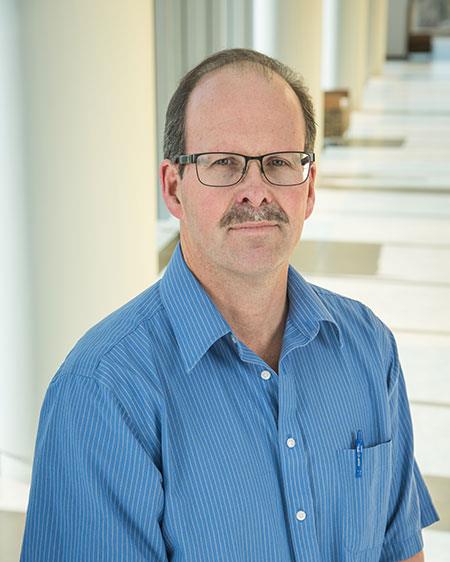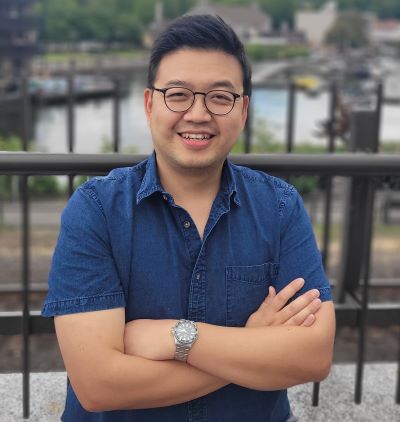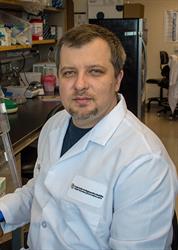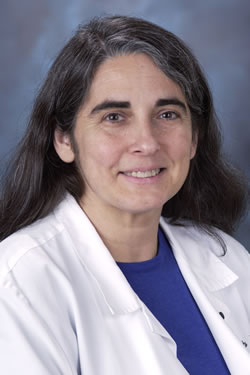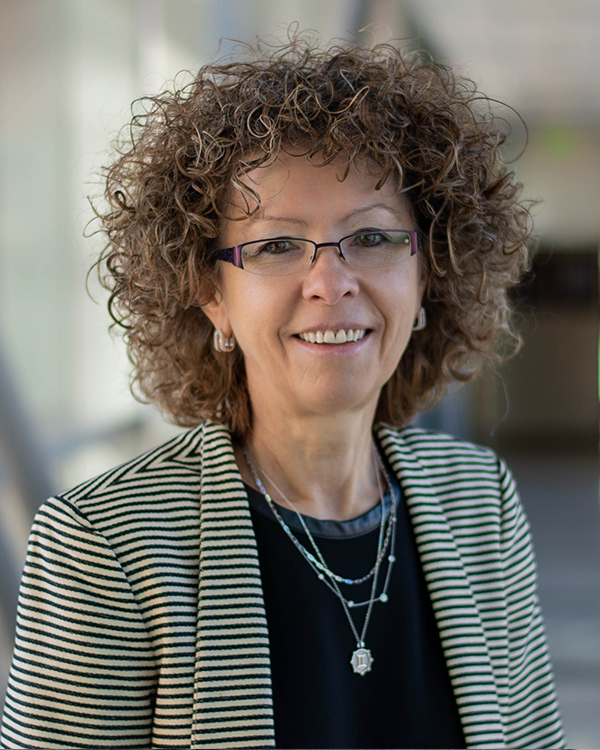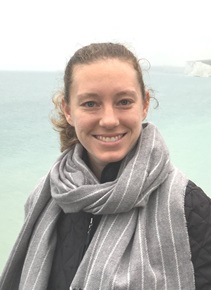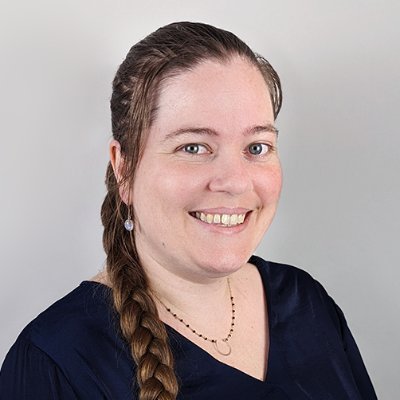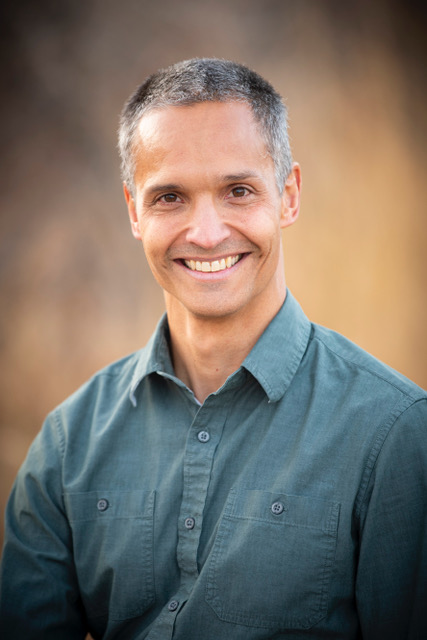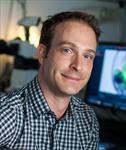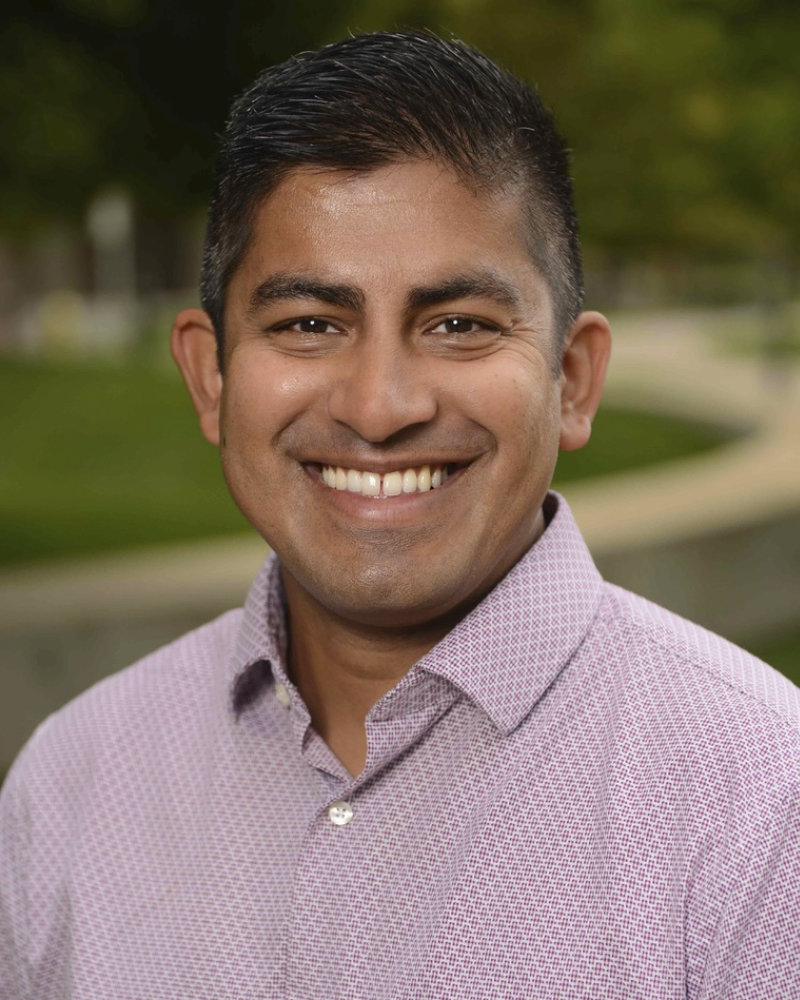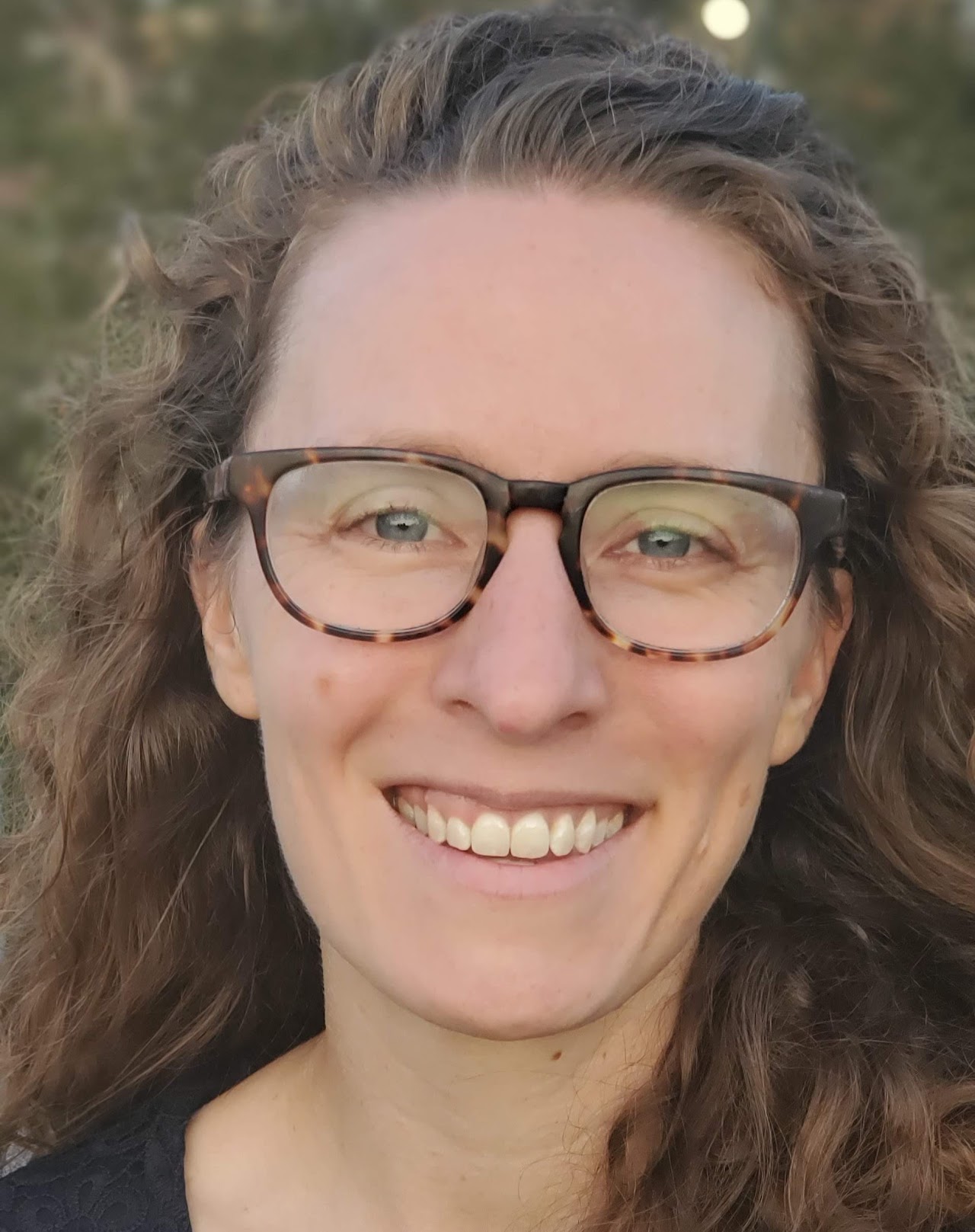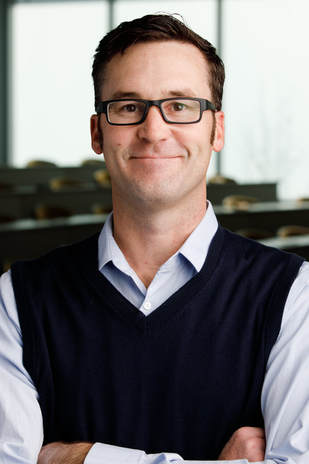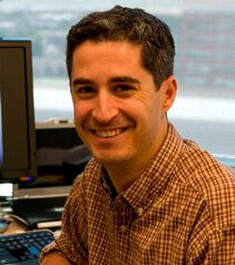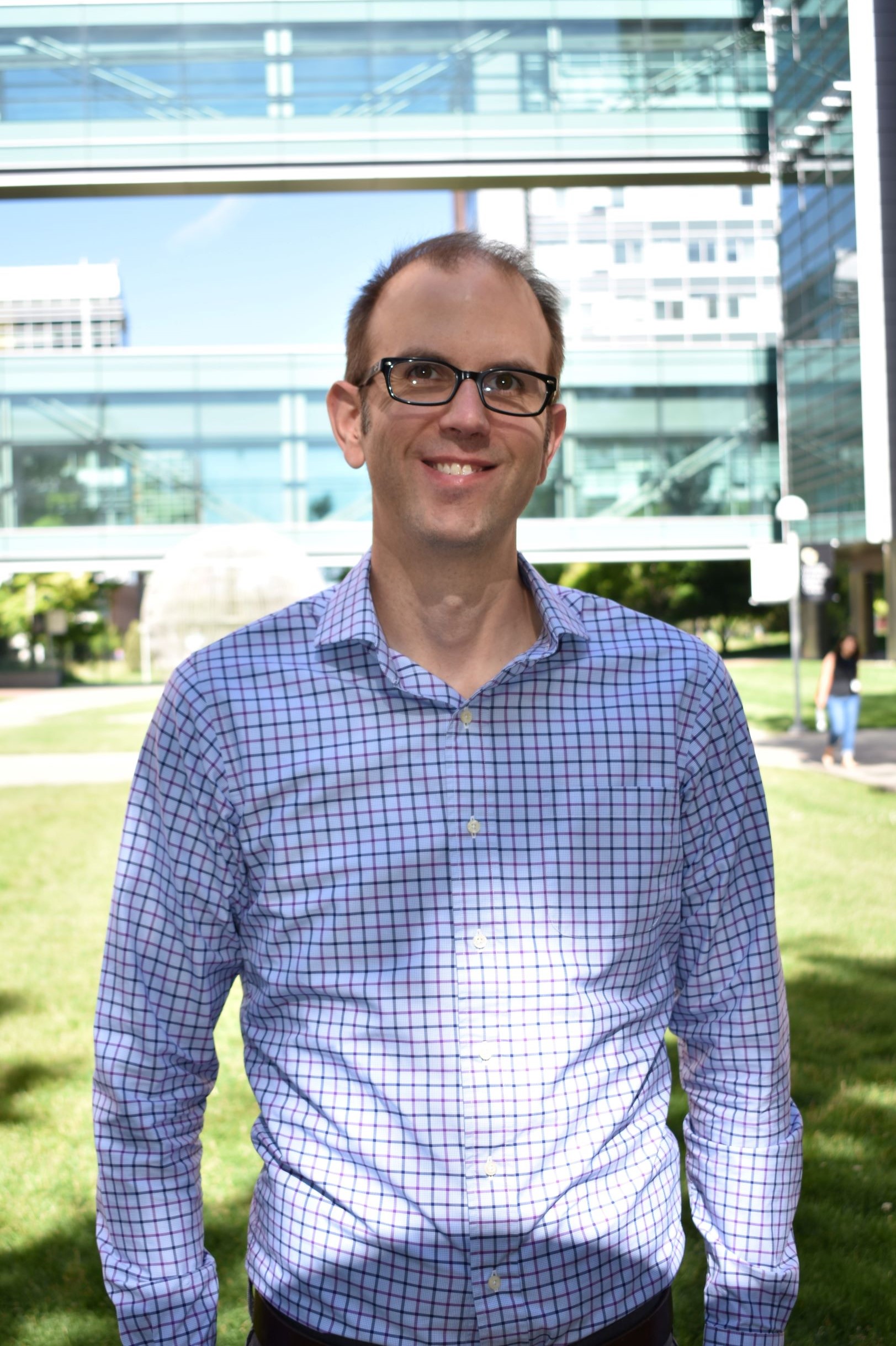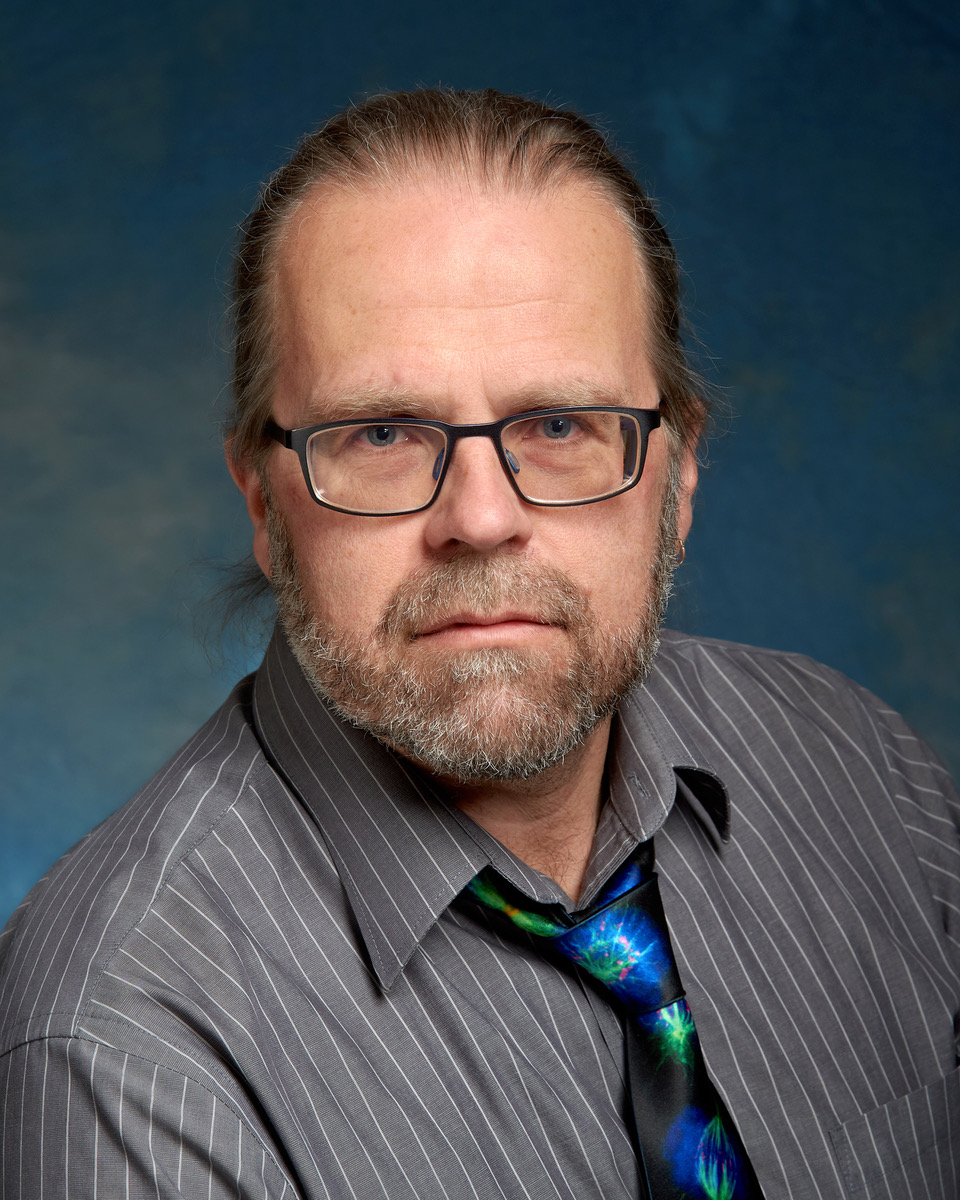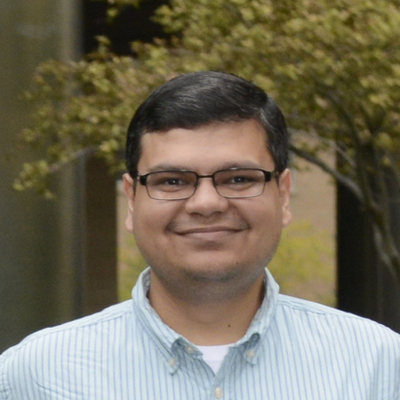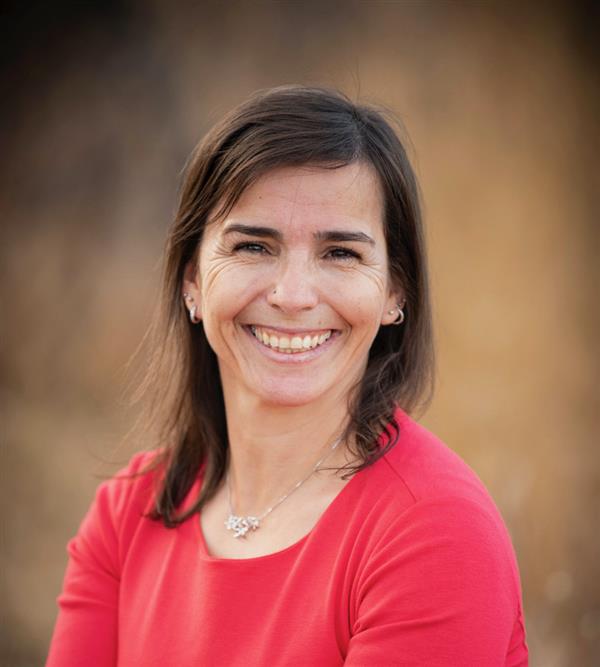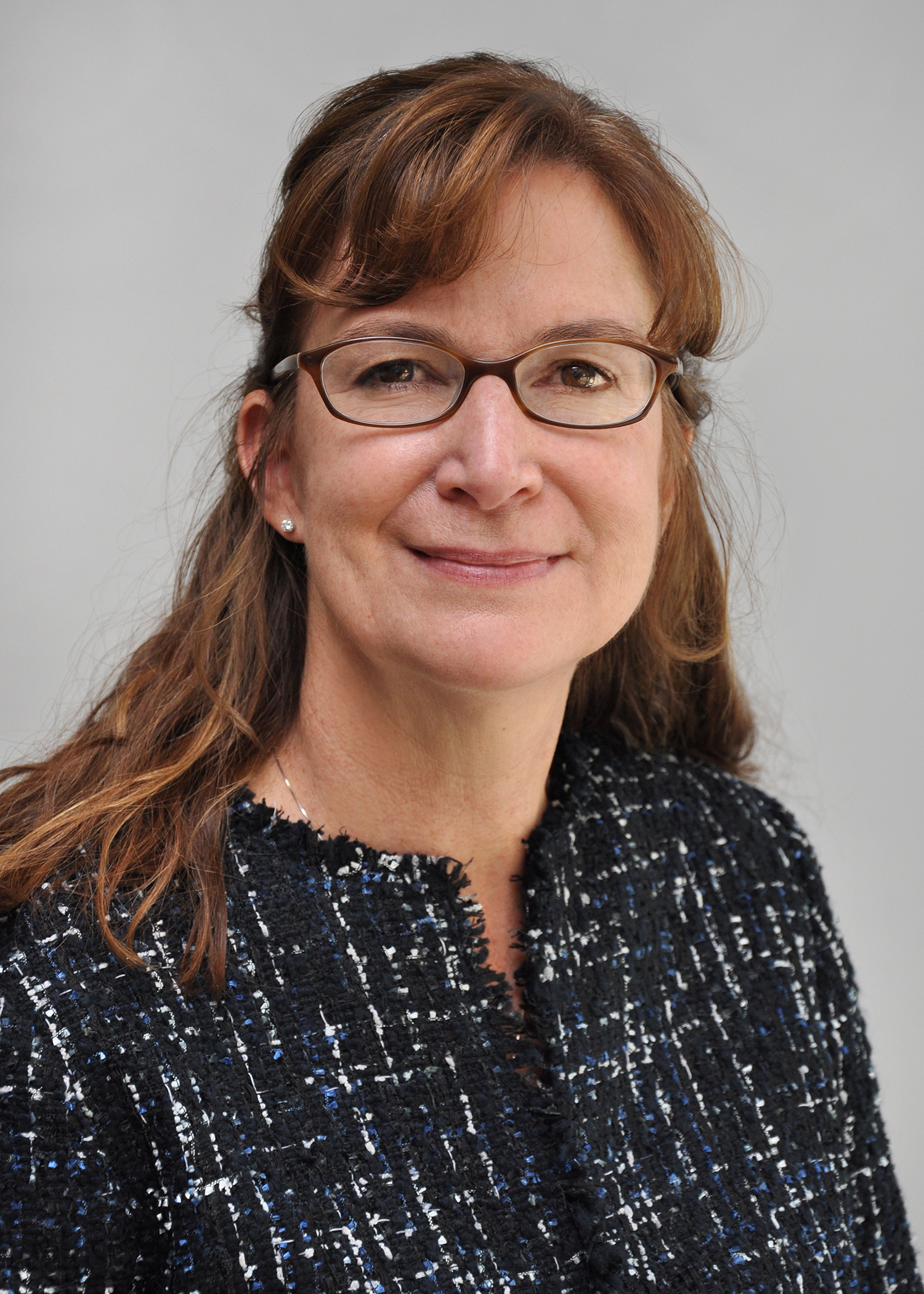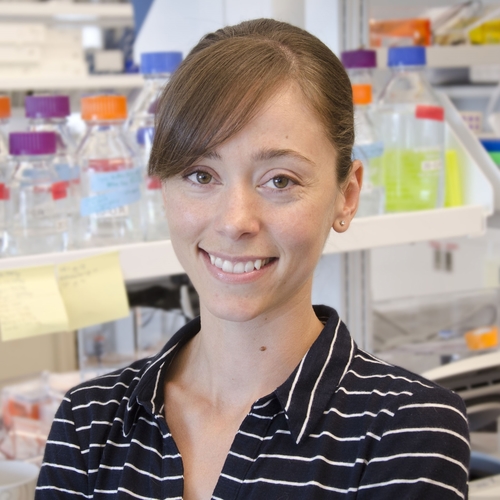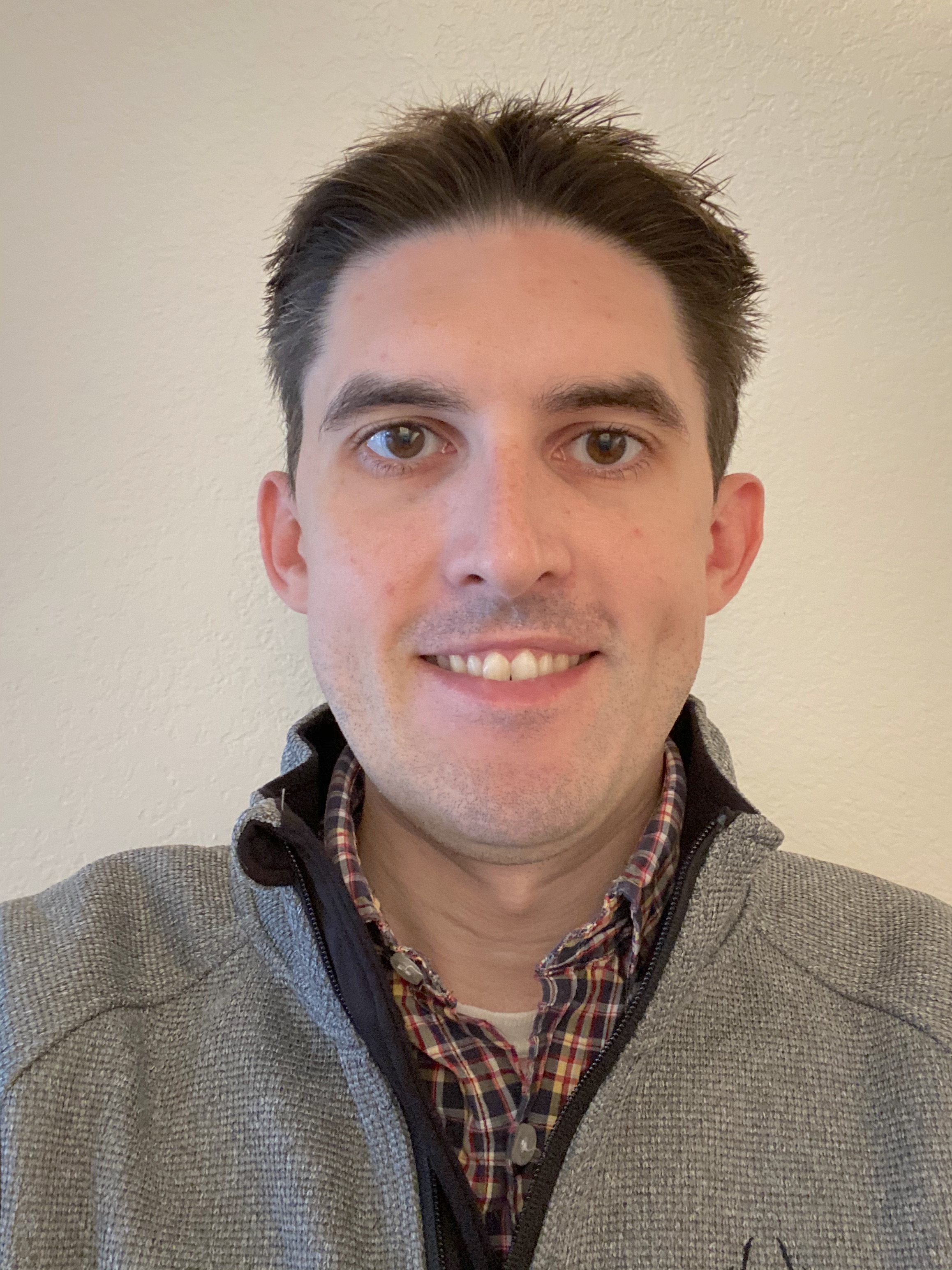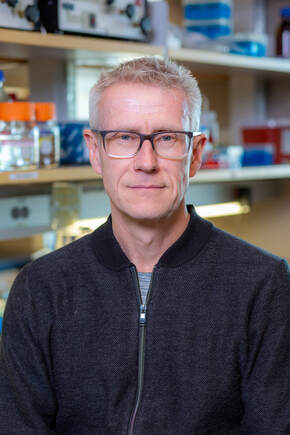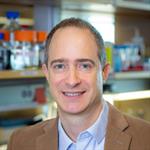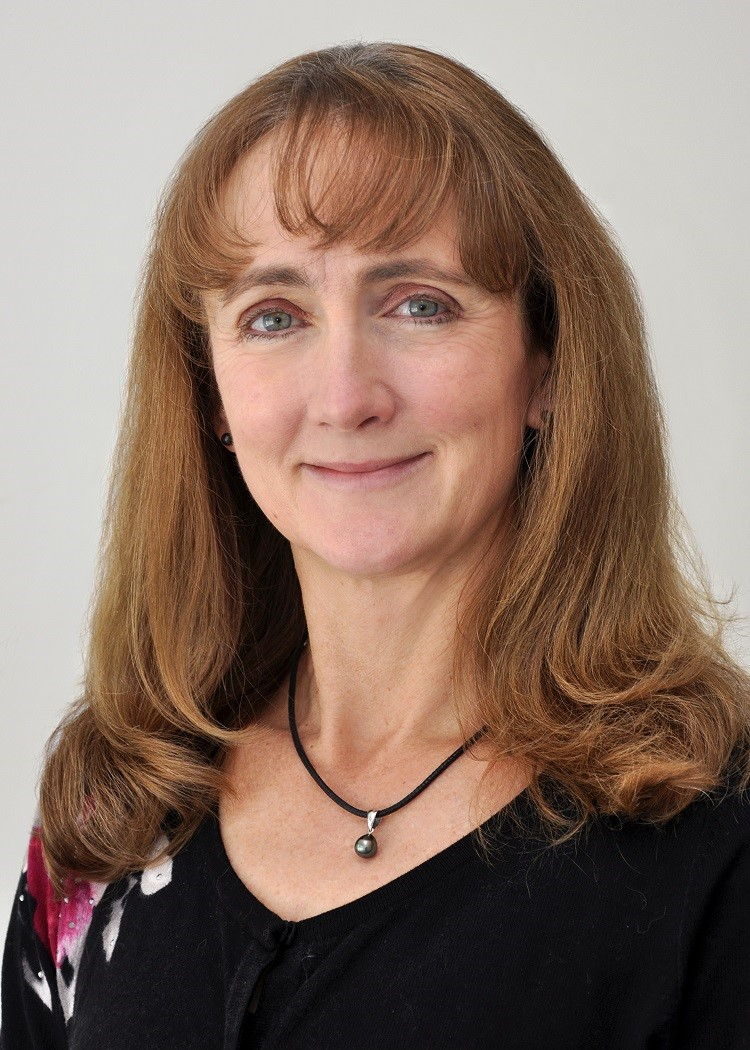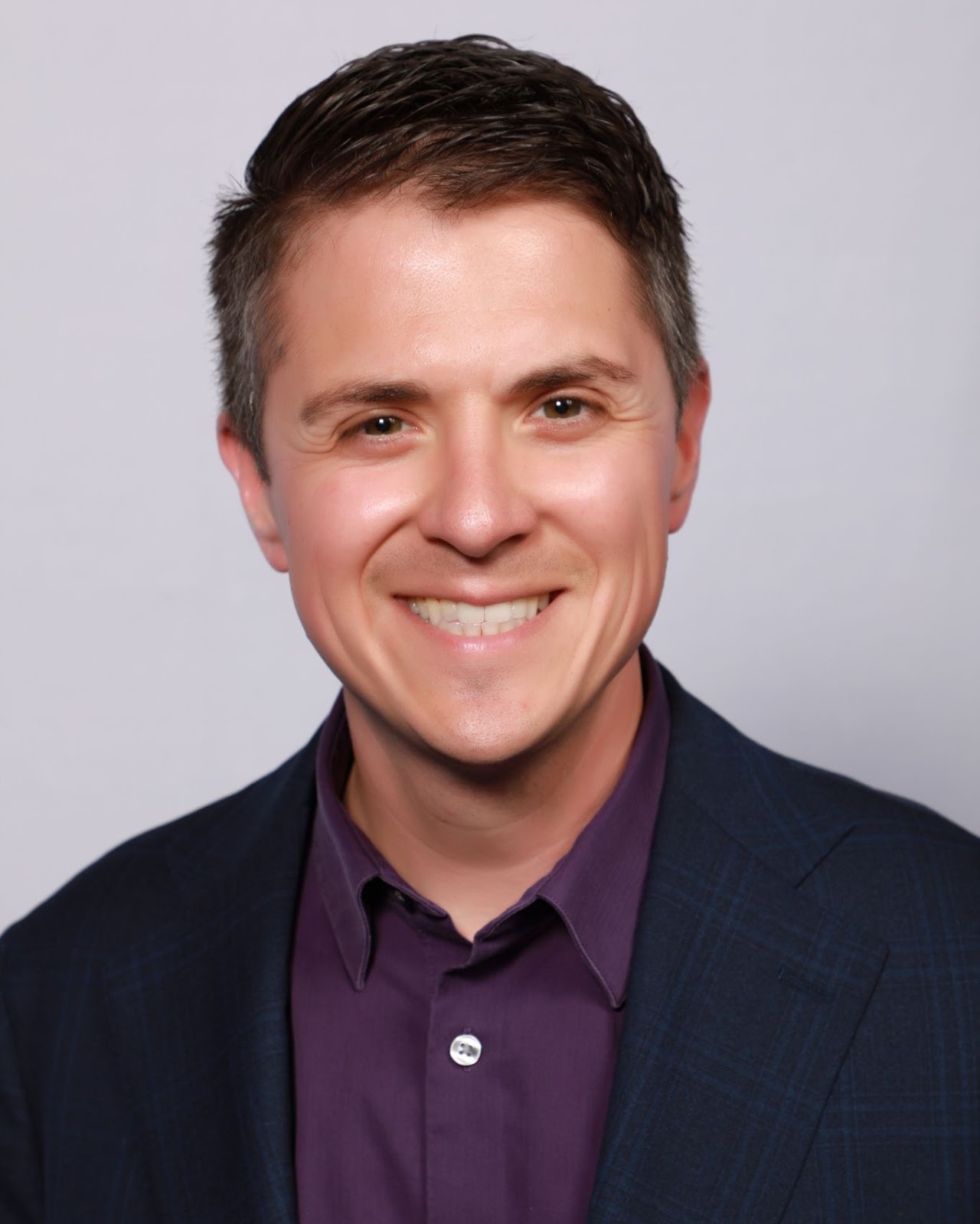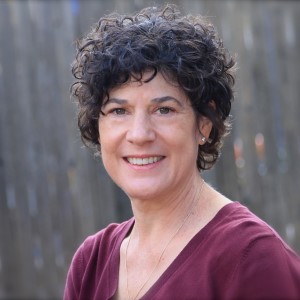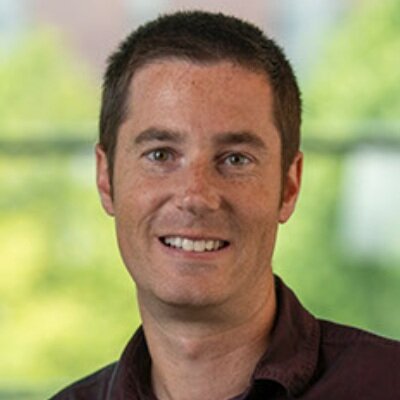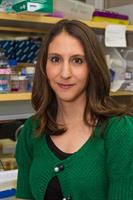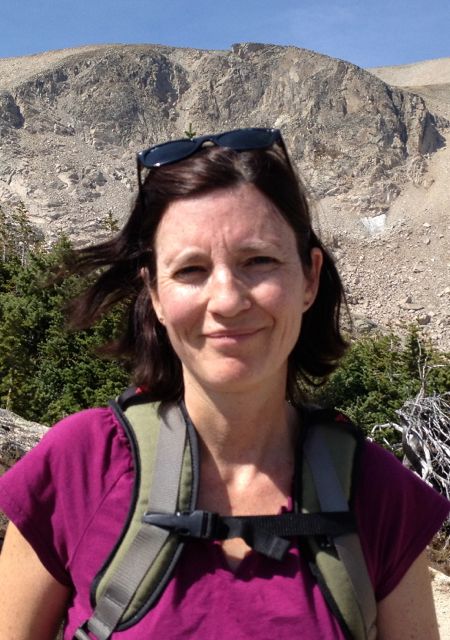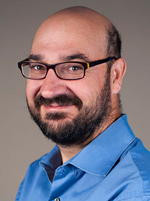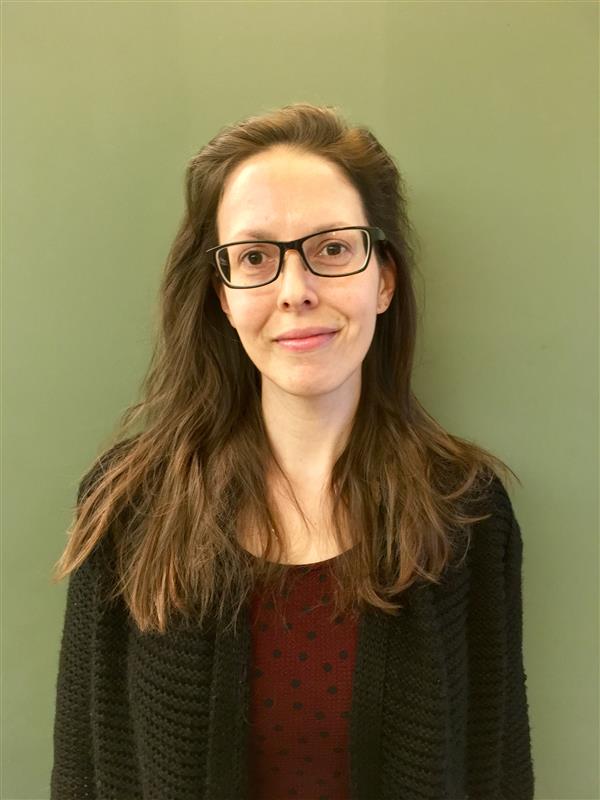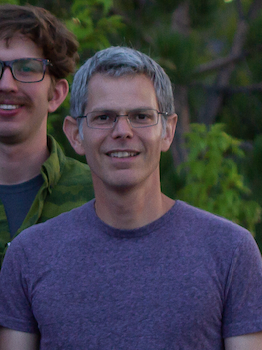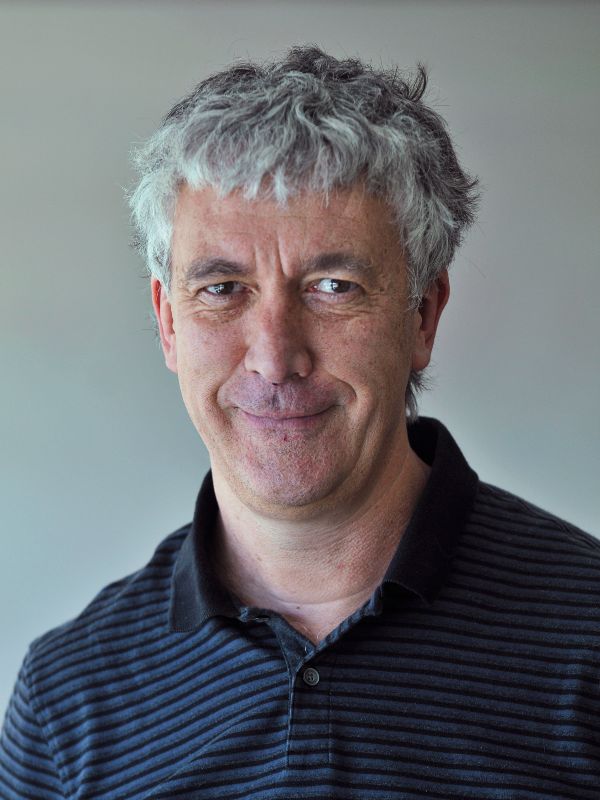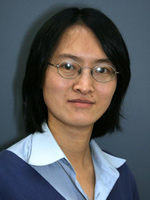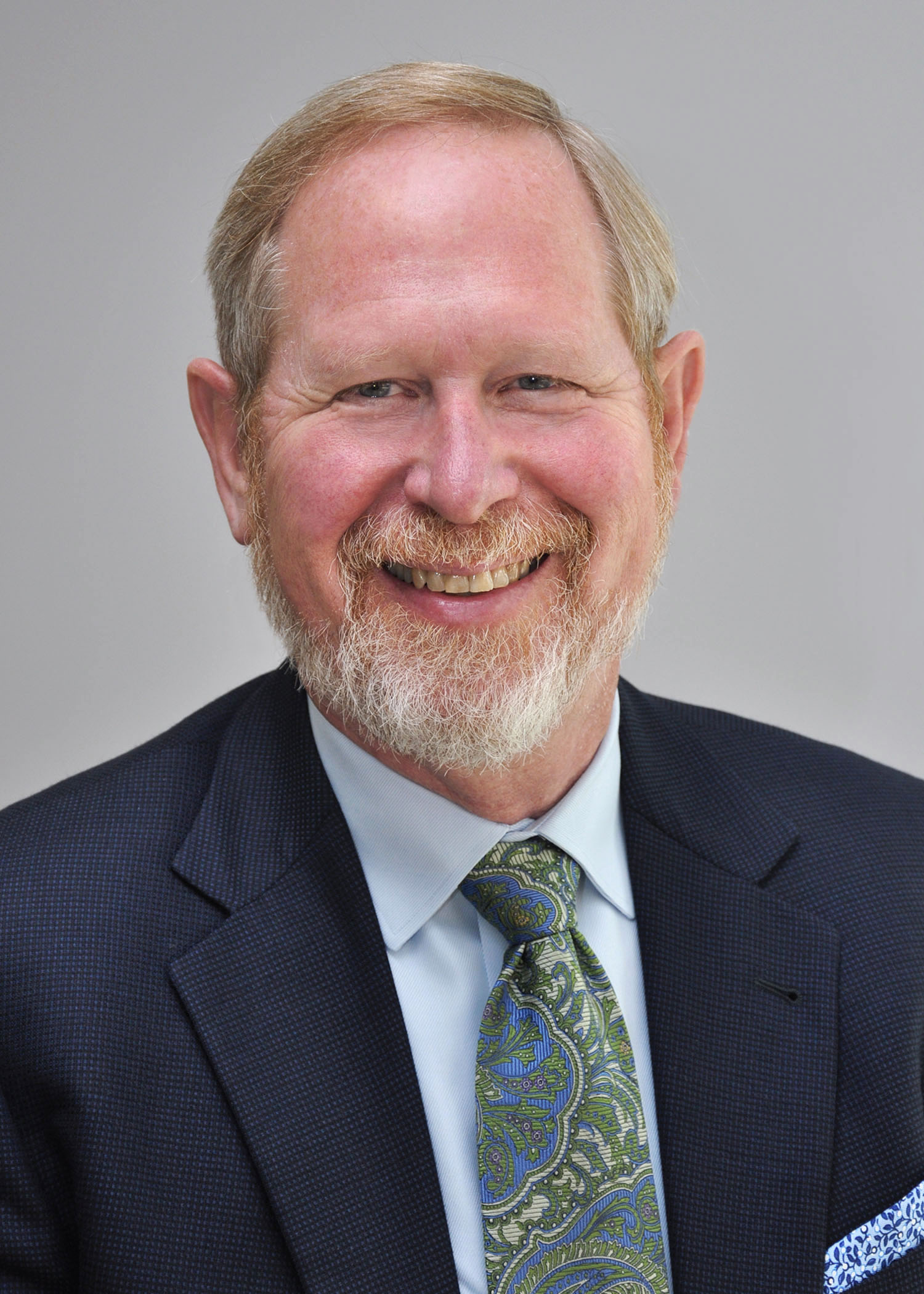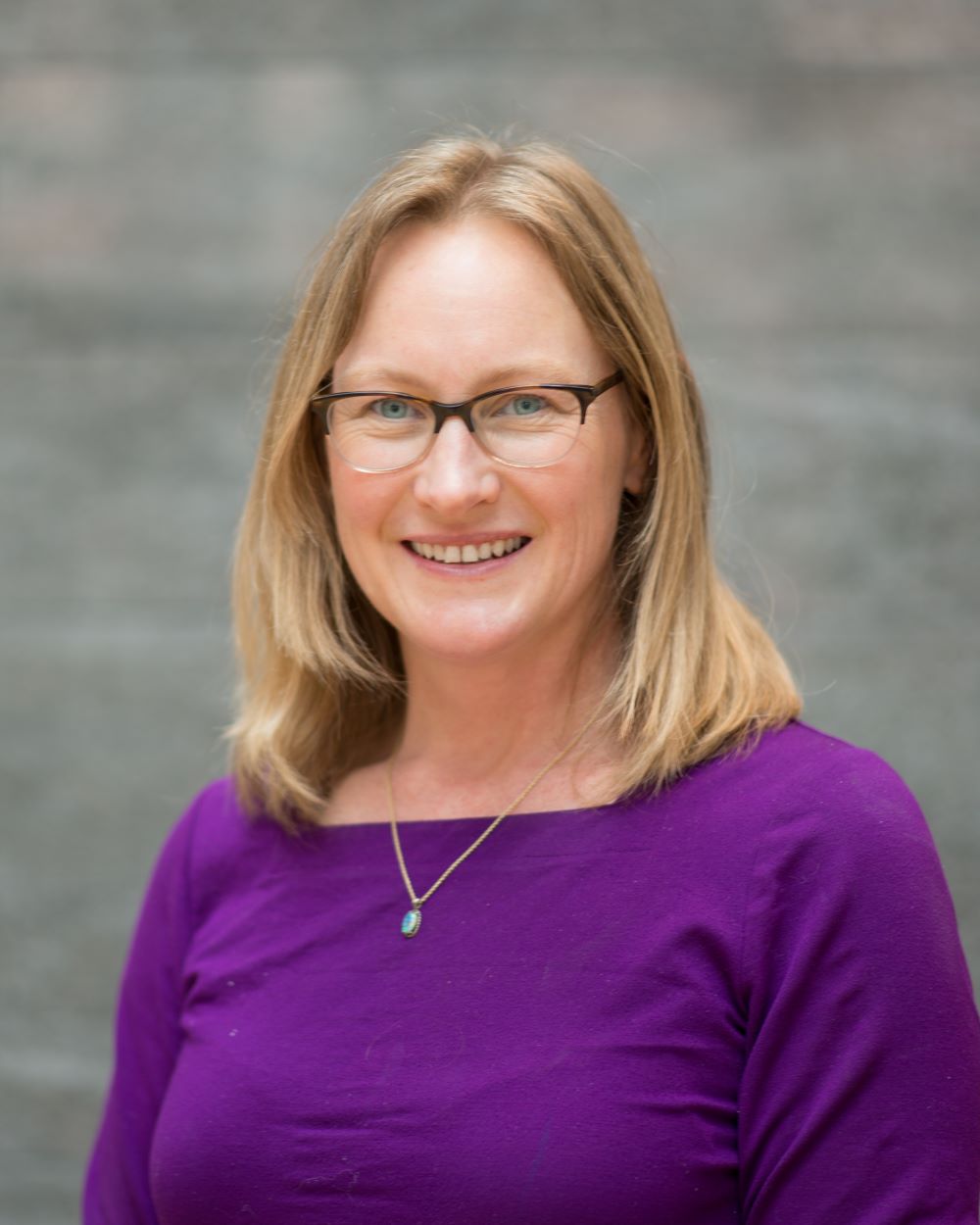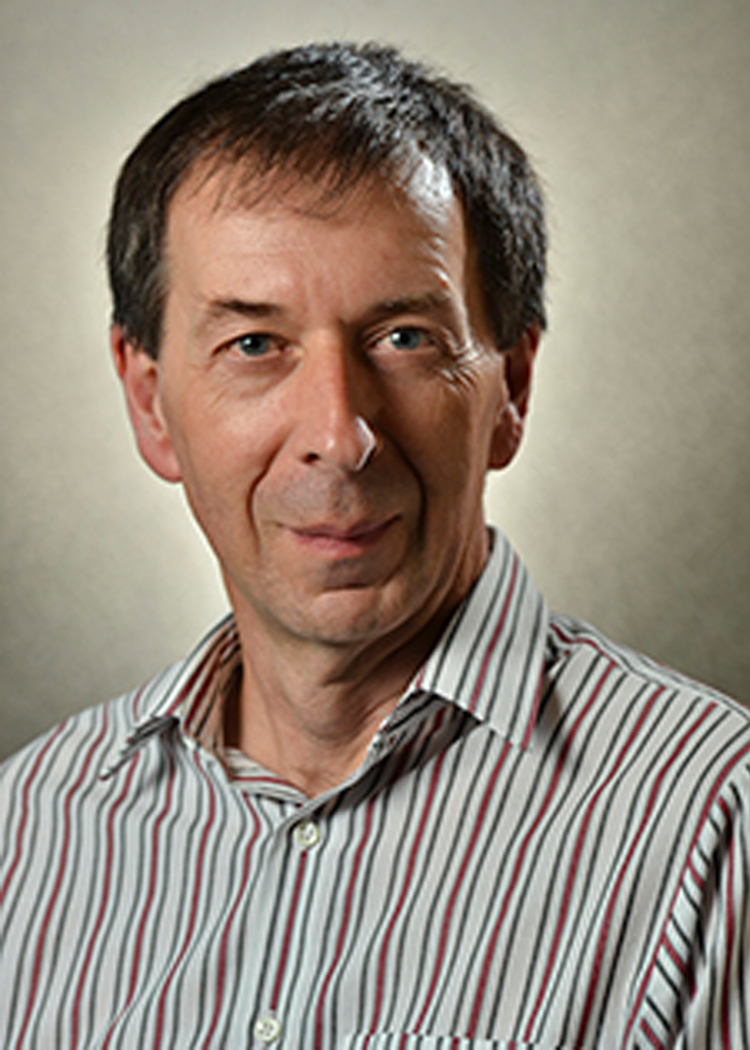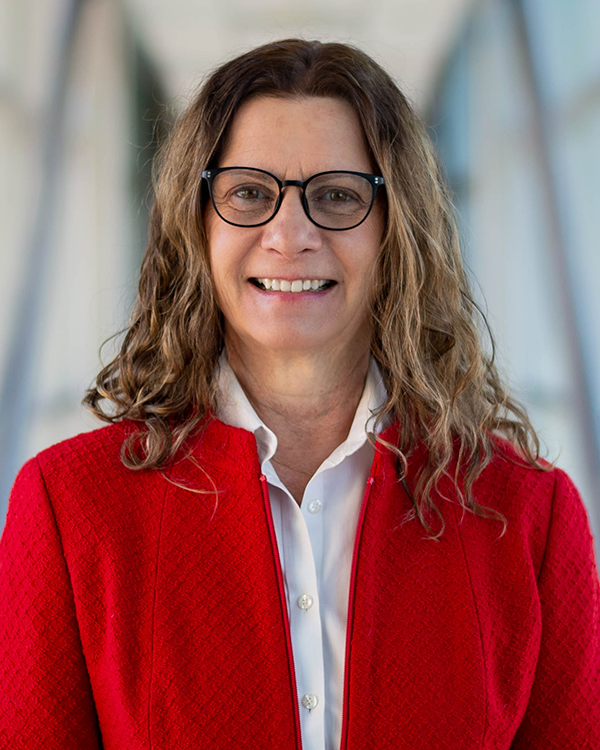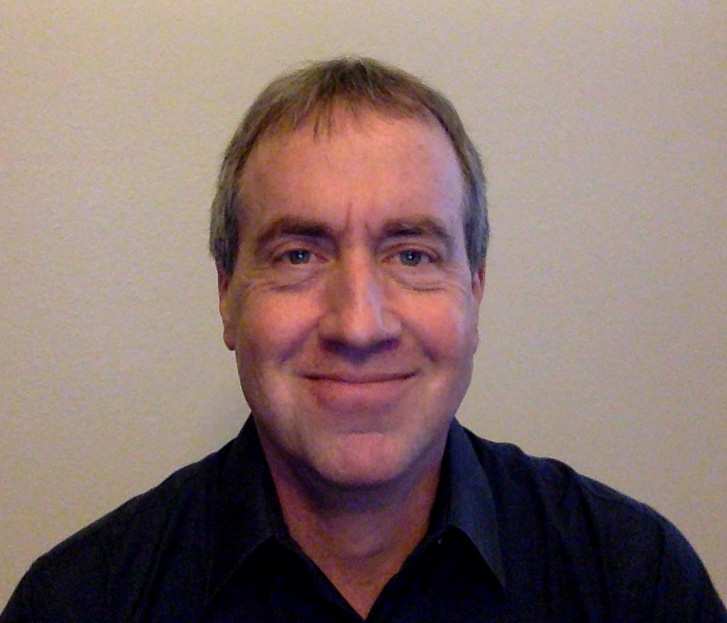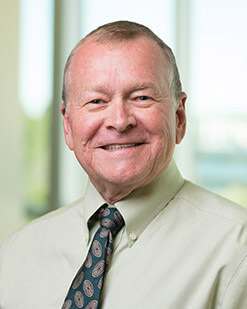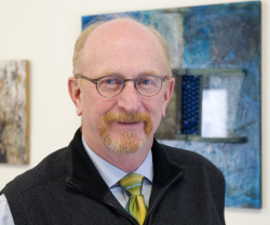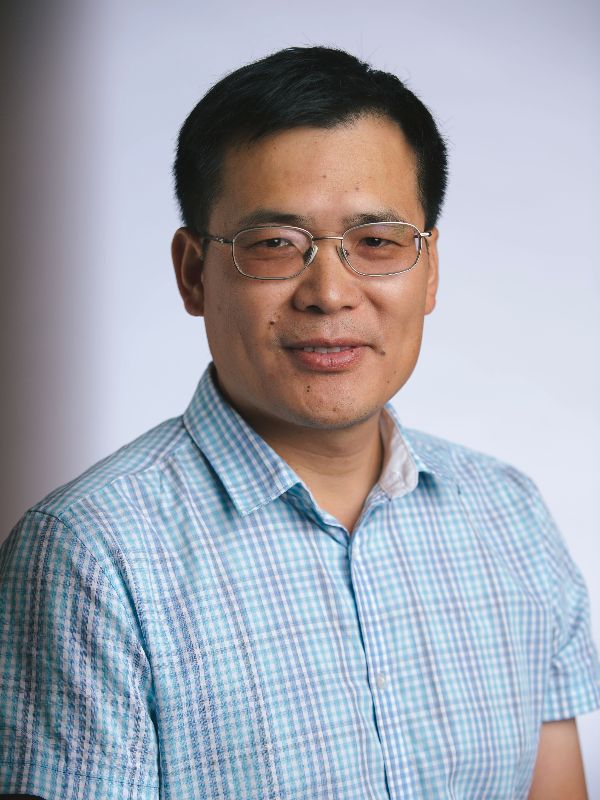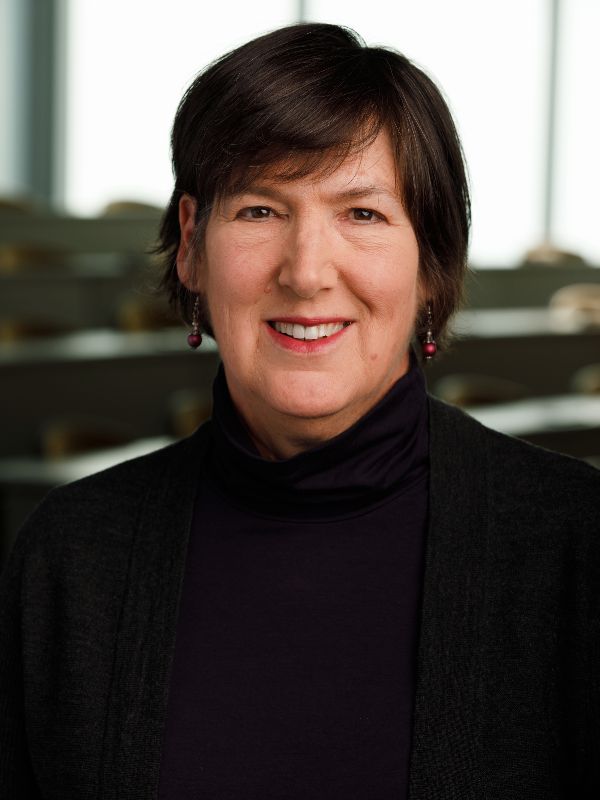FACULTY & RESEARCH
The research interests of program faculty span the breadth of molecular biology.
Faculty interests include:
- DNA replication, RNA transcription, localization and mRNA translation
- Bioinformatics and computational biology
- Intracellular regulation of cell division, signaling, cell migration and cell polarization Regulation of cell stress response and molecular assemblies
- Genetic and molecular mechanisms governing organismal development, tissue differentiation and cell fates
- Structural biology of macromolecular machines, proteins and nucleic acids
- Pathogenic mechanisms of infectious and non-communicable disease
- Drug discovery and molecular mechanisms of drug resistance and response
- Technology and methods development, including optogenetics and gene editing
Note: "MOLB Non-Training Faculty" do not serve as thesis mentors for Molecular Biology students and are not accepting Molecular Biology students into their labs.
Search
Filter results by:
Scott Alper PhD
Associate Professor
Research Focus:
Cancer Biology
Gene Regulation
Inflammation
Dr. Alper's laboratory is focused on understanding the regulation of the innate immune response, particularly as it relates to the basis for inflammatory disease.
Bruce Appel PhD
Professor
Research Focus:
Development
Developmental Biology
Developmental Neuroscience
We investigate the genetic, molecular and cellular basis of brain development and myelination using zebrafish as a model system.
Francisco Asturias PhD
Professor
Research Focus:
Gene Regulation
Macromolecular Structure
Microbiology Virology
Despite including many different proteins, macromolecular complexes often display minimal enzymatic activity. This suggests that conformational changes and interactions are fundamental to their molecular mechanism. My group uses cryo-electron microscopy to characterize the structure, conformational states and interactions of macromolecular complexes involved in essential cellular processes. We correlate that structural information with biochemical and functional data to establish the mechanism of these remarkable cellular machines.
David Barton PhD
Professor
Research Focus:
Macromolecular Structure
Microbiology Virology
The Barton lab studies RNA viruses - viral RNA replication - and host-pathogen interactions involving viral RNA and endoribonucleases.
David Bentley PhD
Professor
Research Focus:
Gene Regulation
RNA Bioscience
Our research asks how the RNA polymerase II transcriptional machinery and RNA processing factors work together to achieve coordinated synthesis and maturation of messenger RNA (mRNA).
Joshua Black PhD
Assistant Professor
Research Focus:
Cancer Biology
Genomics Bioinformatics
Signal Transduction
Structural Biology
My lab studies how cells use epigenetics to control gene amplifications. We have identified epigenetic pathways that cells use to create transient increases in gene copy number. These copy number changes play roles in tumor development, progression and drug resistance. By understanding the fundamental mechanisms that govern copy number control we hope to allow better cancer therapies.
Martin Breuss PhD
(He/Him)
Assistant Professor
Research Focus:
Accepting Students
Development
Genomics Bioinformatics
Neuro Genetics
Neurodevelopment
Reproductive Biology
The Breuss laboratory is interested in genomic (and cellular) mosaicism. We assess its impact on human disease and utilize it as a tool to unravel mechanisms of development and cellular homeostasis. While we are broadly interested in these questions, two of our favorite systems to study are human germ cells and the brain.
Matthew Burchill PhD
Associate Professor
Research Focus:
Accepting Students
Research in our laboratory leverages our expertise in immunology, molecular biology and model systems of liver disease to explore the early and late events that influence the progression of chronic liver disease.
M. Cecilia Caino PhD
(she/her/hers)
Assistant Professor
Research Focus:
Accepting Students
Cancer Biology
Cell Biology
Cellular Structure
Signal Transduction
Structural Biology
Our group aims to understand how mitochondria reprogramming in tumors impact cellular behaviors that drive progressive and lethal cancer. We use a broad repertoire of biochemistry, cell biology, live cell imaging and animal models to study the impact of mitochondria shape, number and subcellular distribution in metastatic dissemination.
Diana Cittelly PhD
(she/her/hers)
Associate Professor
Research Focus:
Cancer Biology
Inflammation
Neuropharmacology
Signal Transduction
Deciphering the mechanisms underlying increased risk of brain metastases in young women with triple negative breast cancer. These include ovarian estrogen effects on reactive astrocytes that results in paracrine activation of EGFR and TRKB signaling in brain metastatic cells.
Sean Colgan PhD
Professor
Research Focus:
Cardiovascular/Pulmonary/Renal/GI Physiology
Cellular Structure
The Colgan Lab studies mucosal inflammation with focus on intestinal inflammation in the context of inflammatory bowel disease and other GI diseases. Studies are aimed at understanding how epithelial and endothelial cells coordinate barrier function and inflammatory responses at mucosal surfaces. Our lab takes a multifaceted approach by investigating the relationships between gut microbiota, host immune system, genetic background, and environmental influences as it pertains to mucosal health and disease, with research emphasis on energy metabolism, host-microbe interactions, hypoxia-inducible factor, and innate immunity.
Julia Cooper PhD
Professor;
Chair, Biochemistry & Molecular Genetics
Research Focus:
Accepting Students
Chromosome Biology
While chromosome linearity is so universal among eukaryotes that we assume it to be evolutionarily advantageous, formidable challenges are presented by linear chromosome ends, as they resemble damage-induced DNA breaks, which are vulnerable to degradation and end-joining pathways that provoke genome instability. Telomeres protect chromosome ends from these hazards, and compromised telomere maintenance is a confirmed driver of both tumorigenesis and degenerative diseases. Our group has uncovered key principles underlying these ‘classical’ protective telomere functions. Moreover, we are discovering that the special properties of telomeres provide cells not only with ‘protective caps’ for chromosomes, but also with remarkable regulatory opportunities. For instance, meiotic telomeres control the assembly/disassembly and functions of two additional key structures, centromeres and the nuclear envelope. These discoveries provide novel rationales for the evolutionary dominance and persistence of chromosome linearity.
James Degregori PhD
(he/him/his)
Professor
Research Focus:
Cancer Biology
Cell Biology
Exploring the conditions that foster somatic evolution and discovering cancer vulnerabilities.
Julia Dunn PhD
(she/hers)
Assistant Professor
Research Focus:
Accepting Students
Allergy
Basic Sciences - Immunology
Cell Biology
Innate Immunity
Research in the Dunn Lab explores: 1) how eosinophils specialize in different environments, 2) how specialized eosinophils interact with other cells in the environment, and 3) how pro-inflammatory eosinophils may be re-specialized to assist in tissue repair. To address our core questions, we use murine models of allergic disease as well as human organoid tissue cultures to understand how eosinophils respond to environmental signals and how they, in turn, impact their surrounding tissues.
Patricia Ernst PhD
(she/her/hers)
Professor
Research Focus:
Cancer Biology
Gene Regulation
Signal Transduction
Our group focuses on epigenetic mechanisms regulating normal hematopoiesis and leukemia focusing on MLL-family histone methyltransferases.
Katherine Fantauzzo PhD
Associate Professor
Research Focus:
Accepting Students
Cell Biology
Developmental Biology
RNA Bioscience
Signal Transduction
Our laboratory is focused on investigating the mechanism and function of signaling through a particular family of receptor tyrosine kinases, the platelet-derived growth factor (PDGF) receptor family, in development of the mammalian neural crest-derived craniofacial skeleton.
Heide Ford PhD
(she/her/hers)
Professor
Research Focus:
Accepting Students
Cancer Biology
Gene Regulation
Genomics Bioinformatics
Signal Transduction
Our laboratory focuses on a specific family of homeoproteins, the Six family, and their transcriptional cofactors, Eya and Dach. The Six1 homeobox gene is overexpressed in 50% of primary breast cancers and 90% of metastatic lesions, and its overexpression.
Craig Forester MD, PhD
Assistant Professor
Research Focus:
Cancer Biology
Gene Regulation
Our lab seeks to define how epitranscriptomic changes impact specificity in protein synthesis across an array of contexts including pediatric bone marrow failure and oncogenesis predisposition
Santos Franco PhD
Associate Professor
Research Focus:
Development
Developmental Neuroscience
The cerebral cortex is the control center of most of our higher-level brain functions, including thought, language, memory and emotion. During cortical development, billions of neurons and glia must be precisely specified and assembled into the intricate circuits that underlie these complex tasks. Disruption of these processes is associated with many devastating human neurological disorders, including epilepsy, schizophrenia, autism and intellectual disability. Our lab studies several processes involved in the formation and function of neural circuits in the cerebral cortex.
Jenna Guthmiller PhD
(She/Hers)
Assistant Professor
Research Focus:
Accepting Students
Immunology
Infectious Disease
Influenza
Viral Evolution
Our lab is interested in understanding the complexities of humoral immunity against rapidly evolving viruses, particularly influenza viruses. Our lab has three major interests: (1) Design vaccines to induce broadly protective antibody responses against influenza viruses, (2) investigate how humoral immunity develops at distinct anatomical locations and impacts immunity against future influenza virus exposures, and (3) define how humoral immunity drives viral evolution.
Lydia Heasley PhD
Assistant Professor
Research Focus:
Accepting Students
Chromosome Biology
Microbiology Virology
How does the structure of a genome evolve over time? Our research investigates the molecular causes and phenotypic consequences of the broadly defined family of genomic features known as structural variations (SVs). SVs like aneuploidy, loss-of-heterozygosity, and copy number alteration are pervasive, yet poorly understood genomic elements which contribute significantly to the genotypic and phenotypic diversity of eukaryotic populations. Our current work is addressing many fascinating and important biological questions focused on understanding how SVs arise in the genome, and how these variations contribute to genome stability and evolution, phenotypic diversity, and cellular and organismal fitness.
Jay Hesselberth PhD
Associate Professor
Research Focus:
Accepting Students
Chromosome Biology
Gene Regulation
Genomics Bioinformatics
RNA Bioscience
We are a research laboratory of RNA biologists, technology developers, and data analysts focused on discovering and translating fundamental principles of RNA regulation. A major effort in the lab is to understand how RNA damage and repair are integrated with stress responses by combining method development, bioinformatics, genetics, biochemistry, and cell biology.
Ethan Hughes PhD
(He/Him/His)
Associate Professor
Research Focus:
Accepting Students
Cell Biology
Cell Physiology
Cellular Structure
Motor and Cognitive Disorders
Motor Disorders
Neuroimmunology
Optogenetics
Synaptic Signaling and Plasticity
The long-term goals of our work are to understand how neuron-glial interactions modulate brain function and contribute to pathology in neurodegenerative disease. Towards this goal, we study the interactions of oligodendrocyte lineage cells with neurons in the adult cerebral cortex.
Sujatha Jagannathan PhD
Assistant Professor
Research Focus:
Accepting Students
Cell Biology
Gene Regulation
Genomics Bioinformatics
RNA Bioscience
Our lab studies how cells detect and degrade aberrant RNAs, and how dysregulation of this surveillance process contributes to human muscle development and disease.
Aaron Johnson PhD
Associate Professor;
Director, Biomedical Sciences Program
Research Focus:
Accepting Students
Chromosome Biology
Gene Regulation
Genomics Bioinformatics
Our work focuses on the formation and regulation of chromatin domains and their ultimate roles in epigenetic genome regulation. We are particularly interested in the mechanisms of heterochromatin establishment and function.
Craig Jordan PhD
(he/him/his)
Professor
Research Focus:
Accepting Students
Cancer Biology
Developmental Biology
Dr. Jordan serves as the Chief of the Hematology Division and directs a research program focused on the development of novel therapies for the treatment of leukemia.
Yunsik Kang PhD
(he/him/his)
Assistant Professor
Research Focus:
Accepting Students
Cell Biology
Developmental Neuroscience
The long-term goal of the lab is to understand the cellular and molecular mechanisms governing the interactions between neurons and glia to build a properly functioning nervous system.
Igor Kogut PhD
Associate Professor
Research Focus:
Accepting Students
Cell Biology
Cellular Structure
Stem Cells
Investigating the mechanisms leading to cellular reprogramming and aging, as well as induced Pluripotent Stem Cell (iPSC)-associated cellular rejuvenation.
Elizabeth Kovacs PhD
Professor
Research Focus:
Cellular Structure
Drugs of Abuse
Inflammation
The effects of advanced age and alcohol misuse on inflammatory responses after burn trauma or infection.
Tatiana Kutateladze PhD
Professor
Research Focus:
Accepting Students
Cancer Biology
Chromosome Biology
Gene Regulation
Macromolecular Structure
Structural Biology
My laboratory investigates molecular mechanisms of epigenetic regulation and the role of chromatin modifications in human diseases. We use high field NMR spectroscopy and X-ray crystallography to obtain atomic-resolution structures of chromatin-binding proteins and complexes involved in transcription and DNA damage repair.
Allison McClure PhD
(She/Her)
Assistant Professor
Research Focus:
Accepting Students
Biochemistry
Cell Biology
Chromosome Biology
Cell cycle regulation of DNA replication
Jennifer McKey PhD
(she/her/hers)
Assistant Professor
Research Focus:
Accepting Students
Cell Biology
Development
Developmental Biology
Reproductive Biology
Our team studies perinatal determinants of female fertility with a special focus on the relationship between establishment of architecture and functional differentiation of the mammalian ovary.
Michael McMurray PhD
Associate Professor
Research Focus:
Accepting Students
Cell Biology
Cellular Structure
Macromolecular Structure
Our research focuses on identifying molecular mechanisms underlying the assembly of macromolecular complexes, with a focus on multisubunit complexes formed by septin proteins. All cellular processes require the function of multisubunit complexes, and while much attention has been given to solving the final structures of such assemblies, comparatively little is known about how individual subunits adopt oligomerization-competent conformations and find their partner subunits in the crowded, dynamic cellular milieu.
Jeffrey Moore PhD
(he/him/his)
Associate Professor;
Director, Cell Biology, Stem Cells & Development Program
Research Focus:
Accepting Students
Cell Biology
Chromosome Biology
Genomics Bioinformatics
Molecular regulation of the microtubule network in cell division and disease.
Christian Mosimann PhD
(He/Him)
Associate Professor
Research Focus:
Accepting Students
Cardiovascular & Pulmonary Biology
Cell Biology
Development
Developmental Biology
Gene Regulation
Signal Transduction
Stem Cells
The aim of our lab's research is to understand how cells acquire their fates during development and how these processes go wrong in congenital disease. As principal model, we use the zebrafish (Danio rerio) to investigate the earliest development of the cardiovascular system using lineage tracing, genome editing, live imaging, and more.
Neelanjan Mukherjee PhD
Assistant Professor;
Admissions Committee Chair, Molecular Biology Program
Research Focus:
Cancer Biology
Gene Regulation
Genomics Bioinformatics
RNA Bioscience
Systems Biology of Human RNA Regulatory Networks.
Catherine Musselman PhD
Associate Professor;
Director, Structural Biology and Biochemistry Program
Research Focus:
Chromosome Biology
Our research program addresses how chromatin regulatory proteins associate with histones in response to chromatin signaling events. We are specifically interested in how histone reader domains associate with modified histones in the chromatin relevant context of the nucleosome. We are using NMR spectroscopy along with other biophysical and structural techniques to build models of these complexes and understand how they are regulated. Results of these studies will provide insight into fundamental processes of genome regulation, the etiology of human disease, and lay the groundwork for the development of targeted therapeutics.
Jessica Nelson PhD
(She/Hers)
Assistant Professor
Research Focus:
Accepting Students
Cell Biology
Development
Developmental Biology
Developmental Neuroscience
Gene Regulation
Ion Channels & Biophysics
Neuropharmacology
Sensory Systems
Synaptic Signaling and Plasticity
The Nelson Lab is focused on how sensory thresholds are established during development and how sensory processing deficits lead to human neurological disease. We use the larval zebrafish and a set of mutants identified through genetic screens aimed at identifying molecular and cellular mechanisms of sensory threshold establishment during development and sensory threshold plasticity through habituation. To better understand these mechanisms, we use a variety of techniques including behavior recording and analysis, whole brain activity mapping, and pharmacology.
James Nichols PhD
Associate Professor
Research Focus:
Accepting Students
Development
Developmental Biology
We are interested in the mechanisms that keep development on track, even when cells are faced with deleterious changes like genetic mutations.
Chad Pearson PhD
(he/him/his)
Professor
Research Focus:
Accepting Students
Cell Biology
Cellular Structure
Macromolecular Structure
Centrosome and cilia biology in cell division, motility, and disease.
Eric Pietras PhD
Associate Professor
Research Focus:
Cancer Biology
Cell Biology
Development
Developmental Biology
Inflammation
Molecular Nutrition & Metabolic Systems
Stem Cells
Interplay between inflammation and metabolism as a driver of leukemia development; targeting of pre-malignant and malignant blood-forming stem cells.
Huntington Potter PhD
(He/Him)
Professor
Research Focus:
Chromosome Biology
Down Syndrome & Alzheimer's
Motor and Cognitive Disorders
Dr. Potter and other University of Colorado Alzheimer’s and Cognition researchers are developing novel diagnostics and treatments for neurodegenerative diseases including Alzheimer’s disease (AD) and Down syndrome (DS), which invariably leads to AD brain pathology by age 30-40. Research spans multiple approaches from biochemistry, cell and chromosome biology, exosomes, cerebral organoids, drug repurposing, and animal models, and then translating the discoveries into diagnostic and intervention trials in humans. One recombinant protein drug discovered by this process has benefited AD patients in its first clinical trial and is being further tested in AD and DS. Several other molecules show great promise.
Rytis Prekeris PhD
Professor;
Director, Molecular Biology Program
Research Focus:
Accepting Students
Cancer Biology
Cell Biology
Cellular Structure
Development
Developmental Biology
Regulation of cell division, cell polarity and cell migration.
Srinivas Ramachandran PhD
Assistant Professor
Research Focus:
Cancer Biology
Chromosome Biology
Gene Regulation
Genomics Bioinformatics
We are interested in understanding how our genome packaging changes dynamically as cells change their identities and when cells respond to different stimuli. We also exploit our knowledge of how different cell types package their genome to identify disease states using protected cell free DNA fragments in our bloodstreams.
Tania Reis PhD
Associate Professor
Research Focus:
Accepting Students
Cell Biology
Development
Developmental Biology
Fly Research Group
Genomics Bioinformatics
Other Developmental Disorders
Other Systems
Our lab is working on three main projects: (1) Identify pathways within the fat body that control organismal fat; (2) Determine the role in body fat regulation of a putative nutrient-responsive modifier of physical activity; and (3) Develop a functional map of neuronal control of body fat.
Jennifer Richer PhD
(she/her/hers)
Professor
Research Focus:
Accepting Students
Cancer Biology
Cell Biology
The focus of my research is on the role of sex steroid receptors in breast and gynecological cancers, mechanisms of resistance to hormone therapy, and the differences between hormone dependent and independent breast cancers.
Olivia Rissland PhD
(she/her/hers)
Associate Professor
Research Focus:
Accepting Students
Cell Biology
Developmental Biology
Gene Regulation
Genomics Bioinformatics
Microbiology Virology
RNA Bioscience
Our goal is to understand how translation impacts mRNA stability, and to place gene regulation in the contexts of broader biological processes.
Brian Russo PhD
Assistant Professor
Research Focus:
Accepting Students
Cell Biology
Microbiology Virology
The Russo lab is interested in understanding how bacterial pathogens interact with their hosts. As a model, we investigate the pathogenesis of Shigella flexneri, which infects cells of the colon and causes diarrhea in humans.
Charles Sagerstrom PhD
Professor
Research Focus:
Accepting Students
Cell Biology
Development
Developmental Biology
Gene Regulation
Genomics Bioinformatics
Our lab uses zebrafish to study transcriptional and epigenetic control of key transitions during embryogenesis. We are particularly interested in understanding the onset of zygotic transcription at the maternal-to-zygotic transition, and in unraveling the transcription orogram driving neural cell fates beginning during gastrulation.
Stephen Santoro PhD
Assistant Professor
Research Focus:
Accepting Students
Cell Biology
Cellular Physiology
Development
Developmental Biology
Developmental Neuroscience
Sensory Systems
Stem Cells
We are interested in how life experience guides the development and adaptation of the mammalian nervous system. We recently discovered that, in mice, olfactory experience regulates the relative birthrates of the > 1000 distinct olfactory sensory neuron subtypes in an odor-specific manner. These findings have led us to hypothesize that life-long olfactory sensory neurogenesis performs an unknown adaptive role, in addition to the known reparative one. We are currently investigating the mechanism and function of this phenomenon. These studies are anticipated to elucidate fundamental aspects about how the olfactory system develops, adapts, and frequently loses function with age and disease.
Carol Sartorius PhD
(she/her/hers)
Professor
Completed Mentor Training Course
Research Focus:
Accepting Students
Breast Cancer
Cancer Biology
The Sartorius laboratory studies the role of sex steroid hormones and their cognate receptors (i.e. estrogen receptor (ER) and progesterone receptor (PR)) in breast cancer.
Matthew Sikora PhD
(he/him/his)
Associate Professor
Research Focus:
Accepting Students
Cancer Biology
Pharmacology
The overall goal of the Sikora Laboratory is to understand mechanisms of response and resistance to steroid hormones and anti-estrogen therapies in breast cancer, with a special emphasis on invasive lobular carcinoma of the breast.
Lori Sussel PhD
Professor;
Director of Research, Barbara Davis Center for Diabetes
Research Focus:
Accepting Students
Cellular Structure
Development
Developmental Biology
Diabetes
Genomics Bioinformatics
Signal Transduction
We are interested in the molecular mechanisms regulating pancreatic islet function in normal and disease conditions. In particular, we study the transcriptional programs, long non-coding RNAs, and RNA processing events that regulate pancreatic identity and function and how disruption of these programs leads to islet dysfunction and diabetes.
Matthew Taliaferro PhD
Assistant Professor
Research Focus:
Accepting Students
Cell Biology
Cellular Structure
Gene Regulation
Genomics Bioinformatics
RNA Bioscience
We study how the expression of genetic information is spatially regulated within a cell.
Beth Tamburini PhD
(She/Her/Hers)
Associate Professor;
Co-Director, Immunology Program
Research Focus:
Accepting Students
Adaptive Immunity
Cell Biology
Host-Pathogen Interactions
Immunology
Immunotherapy
Innate Immunity
The Tamburini lab focuses on understanding how dendritic cells interact and traffic through the lymphatic vasculature to facilitate an appropriate immune response. Specifically, we are interested in mechanisms of antigen archiving, PD-L1 reverse signaling, and tissue specific responses in the liver. As a mentor I strive to be open-minded, learn from my mentees and accept differing opinions. In the last 5 years I have taken NIH and University offered mentorship, bias and equity trainings to improve my mentorship and promote an inclusive and diverse laboratory environment.
Chandra Tucker PhD
Professor
Research Focus:
Accepting Students
Cellular Structure
Gene Regulation
Genomics Bioinformatics
Signal Transduction
Research in the Tucker Lab focuses on developing new tools to sense and manipulate the intracellular environment, and using these tools to understand dynamic cellular processes. A major focus is in developing ways that we can inducibly regulate and control fundamental molecular events such as protein trafficking, proteolysis, gene expression, and intracellular signaling using inducers such as light (optogenetic tools) or chemicals.
Linda van Dyk PhD
Professor
Research Focus:
Accepting Students
Cancer Biology
Gene Regulation
Microbiology Virology
The van Dyk lab studies the interactions between virus and host in health and disease. Specifically, our work focuses on gammaherpesviruses.
Andres Vazquez-Torres DVM, PhD
Professor
Research Focus:
Cellular Structure
Genomics Bioinformatics
Microbiology Virology
The research in the Vázquez-Torres lab uses state-of-the-art biochemical, genetic and molecular biology approaches to understand the molecular mechanisms by which reactive species mediate resistance of macrophages against intracellular bacteria, as well as the adaptive strategies that boost antioxidant and antinitrosative defenses of pathogenic bacteria.
Eszter Vladar PhD
Assistant Professor
Research Focus:
Accepting Students
Cell Biology
Cellular Structure
Gene Regulation
We use mice and primary mouse and human cell culture to study how multiciliated cells adopt their cell fate, build cilia and orient the cilia for directional clearance. We investigate the pathways that drive these processes during normal development and regeneration and study how they are misregulated in human disease. Our research has the potential to develop novel biomarkers and therapeutics for individuals suffering from chronic airway diseases.
Beat Vogeli PhD
Associate Professor
Research Focus:
Accepting Students
Macromolecular Structure
We develop NMR methods and apply them together with other biophysical methods to study biologically relevant systems at atomic resolution: Diverse dynein motor adaptors and their cargos, allostery in key cell regulator Pin1, Olduvai domains involved in brain function and disease, and various RNA and DNA segments.
Kristin Watt PhD
Assistant Professor
Research Focus:
Accepting Students
Craniofacial Genetics
Developmental Biology
RNA Bioscience
The Watt lab is interested in understanding how pathogenic variants in subunits of RNA Polymerases I and III give rise to craniofacial differences and investigating the molecular and cellular basis of genetic disorders affecting craniofacial development.
Trevor Williams PhD
Professor
Research Focus:
Cancer Biology
Development
Developmental Biology
Gene Regulation
Transcriptional regulation of mouse embryonic development.
Ning Zhao PhD
Assistant Professor
Research Focus:
Accepting Students
Cancer Biology
Cell Biology
Gene Regulation
Macromolecular Structure
RNA Bioscience
My lab focuses on developing technologies that enable tracking the full life cycle of proteins in real time with high spatiotemporal resolution in their native intracellular environments. This will help us understand when, where, and how proteins are synthesized, folded, modified, and degraded in both healthy and diseased cells.
Email:ning.zhao@cuanschutz.edu
Rui Zhao PhD
Professor
Completed Mentor Training Course.
Research Focus:
Accepting Students
Cancer Biology
Gene Regulation
Macromolecular Structure
RNA Bioscience
My lab studies the mechanism of pre-mRNA splicing and the role of the Six1/Eya transcriptional complex in cancer. We are also developing small molecule or RNA-based approaches to target splicing or the Six1/Eya complex as potential cancer therapeutics
Email:rui.zhao@cuanschutz.edu
MOLB Non-Training Faculty
Steve Anderson PhD
Professor
Research Focus:
Cancer Biology
Our major focus over the last five years has been to understand the role of the hexose transporter Glut1 in mammary tumorigenesis.
Emily Bates PhD
(She/Her/Hers)
Associate Professor
Research Focus:
Accepting Students
Developmental Biology
Developmental Neuroscience
Fly Research Group
Genomics Bioinformatics
Motor and Cognitive Disorders
Neuropharmacology
Other Developmental Disorders
We study how ion channel activity (bioelectricity) contributes to morphological development in multiple tissues (craniofacial structures, fly wings, brain, pancreas, and bone).
Andrew Bradford PhD
Professor
Research Focus:
Molecular Nutrition & Metabolic Systems
Reproductive Biology
My research interests focus on hormone/growth factor signaling and cancer. Specifically, our laboratory is studying the role of selective protein kinase C (PKC) isoforms in the modulation of cell growth and death in endometrial cancer.
Mair Churchill PhD
Professor
Research Focus:
Accepting Students
Chromosome Biology
Gene Regulation
Genomics Bioinformatics
Macromolecular Structure
Microbiology Virology
Structural Biology
My lab is interested in understanding the molecular basis of essential processes that regulate gene expression. We use biophysical, biochemical methods, and structural methods, including X-ray crystallography. Our insights into these fundamental mechanisms will contribute to a better understanding and ability to regulate gene expression processes involved in human diseases and will assist in drug development efforts.
Our studies focus on the following questions: (1) How is chromatin structure modulated for DNA-dependent processes? and (2) How do transcription factors and pioneering factors activate gene expression?
Shaodong Dai PhD
Associate Professor
Research Focus:
Cellular Structure
Diabetes
Infectious Disease
Rheumatoid Arthritis
Research interests include: (1) CAR T and engineered T cell therapies of autoimmune diseases; (2) Mechanisms of T cell mediated metal hypersensitivities; (3) Mechanisms of T cell recognition of autoantigens in Type 1 diabetes and RA; and (4) Redox signaling and drug design in the immune diseases and infectious diseases.
Tom Evans PhD
Associate Professor
Research Focus:
Developmental Biology
Gene Regulation
Genomics Bioinformatics
Cytoplasmic mRNA regulation is very important during oogenesis, early embryogenesis, and during stem cell divisions that occur throughout development. The mechanisms that regulate cytoplasmic mRNAs and that tie this control to the development of living cells are poorly understood. Recent studies hint that the mechanisms are similar in many animals and that they are important for various human diseases. We are exploring this problem in the small nematode worm, Caenorhabditis elegans.
Email:tom.evans@cuanschutz.edu
James Hagman PhD
Professor
Research Focus:
Gene Regulation
My laboratory’s goals include understanding how the nuclear proteins Early B cell Factor (EBF) and Pax5 (B cell-specific activator protein) regulate B lineage specification, commitment and the immune response to antigens.
Email:hagmanj@njhealth.org
V. Michael Holers MD
Professor
Research Focus:
Cellular Structure
Dr. Holers research group performs both basic and translational research. A longstanding interest has been to decipher the roles of complement receptors and membrane regulatory proteins in the immune response, with a special emphasis on autoimmune diseases.
Cheng-Jun Hu PhD
Associate Professor
To distinguish the role of HIF-1a and HIF-2a in cancer progression, Molecular Mechanisms of Hypoxic Transcriptional Response.
Mingxia Huang PhD
Associate Professor
Research Focus:
Cancer Biology
Chromosome Biology
Down Syndrome & Alzheimer's
Neuroinflammation and redox signaling
(1) Mechanistic understanding of TBI-caused neuroinflammation and neurological deficits; (2) Characterization of trisomy 21-related neurovascular dysfunction by using TBI as a sensitizing probe; (3) Development of mechanism-based immunomodulatory biologics that target the excessive inflammation underlying many disease conditions including TBI-caused vision loss and inflammatory skin disorders.
Mary Reyland PhD
Professor
Research Focus:
Cancer Biology
Regulation of Cell Death by the Protein Kinase C Family: Implications for Tissue Damage and Tumorigenesis.
Martin Voskuil PhD
Associate Professor
Research Focus:
Cellular Structure
Microbiology Virology
Mycobacterium tuberculosis survival during latent disease.
